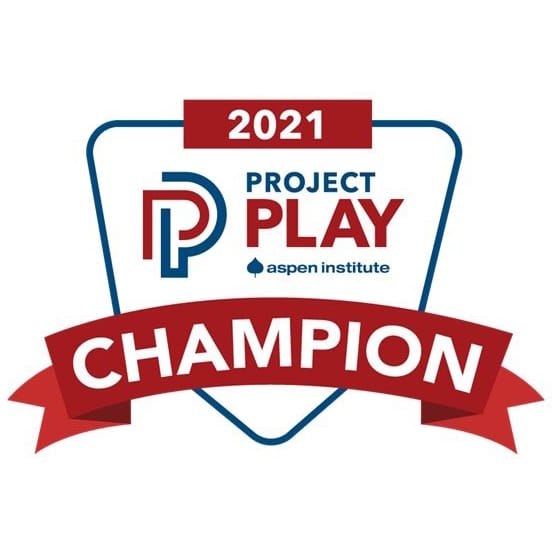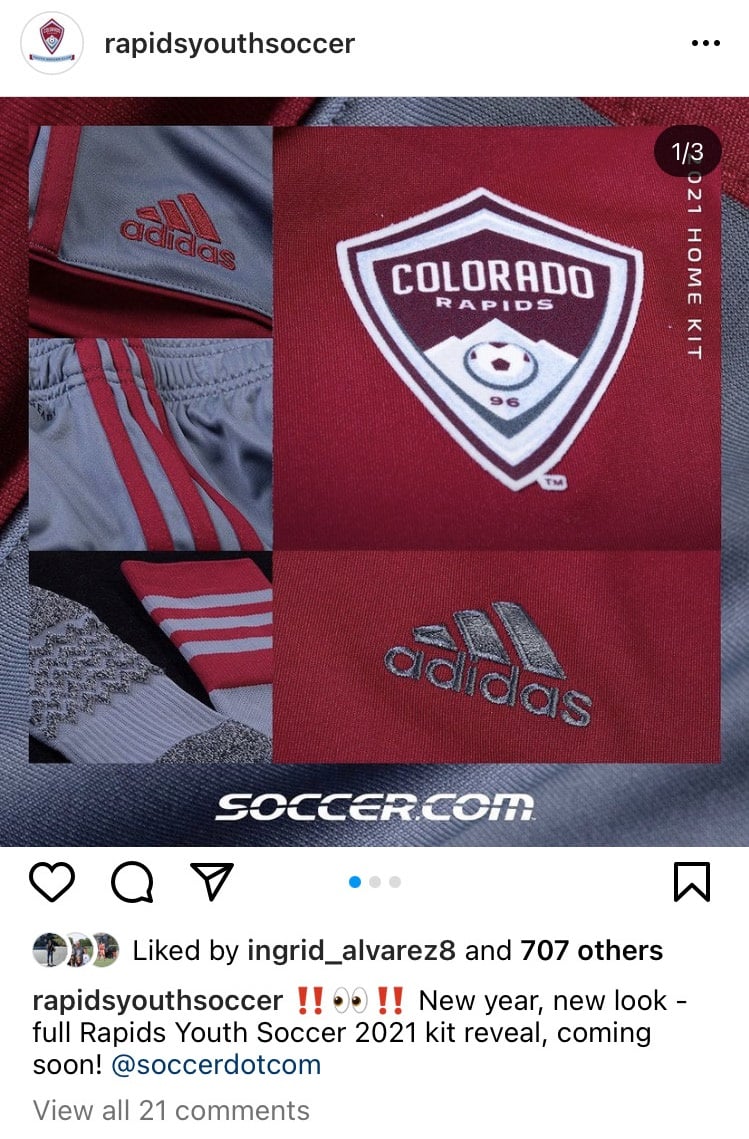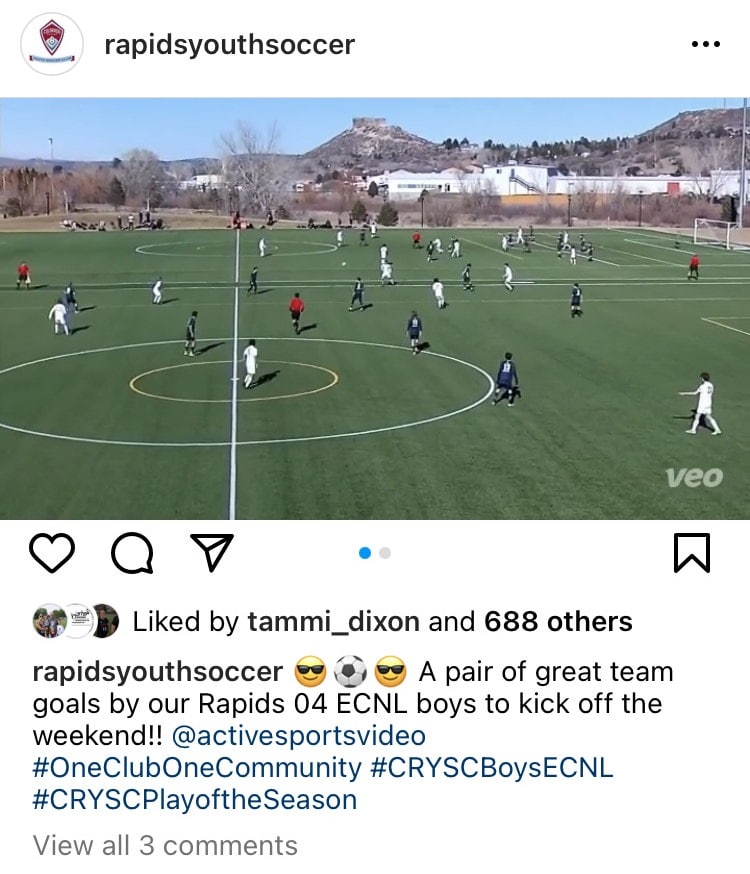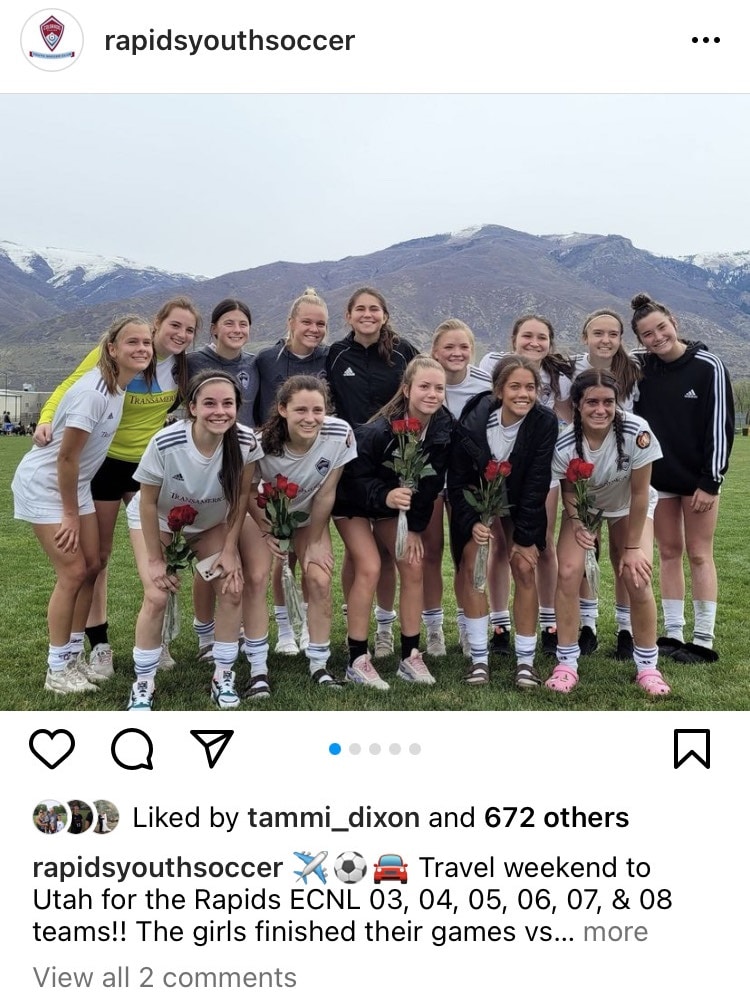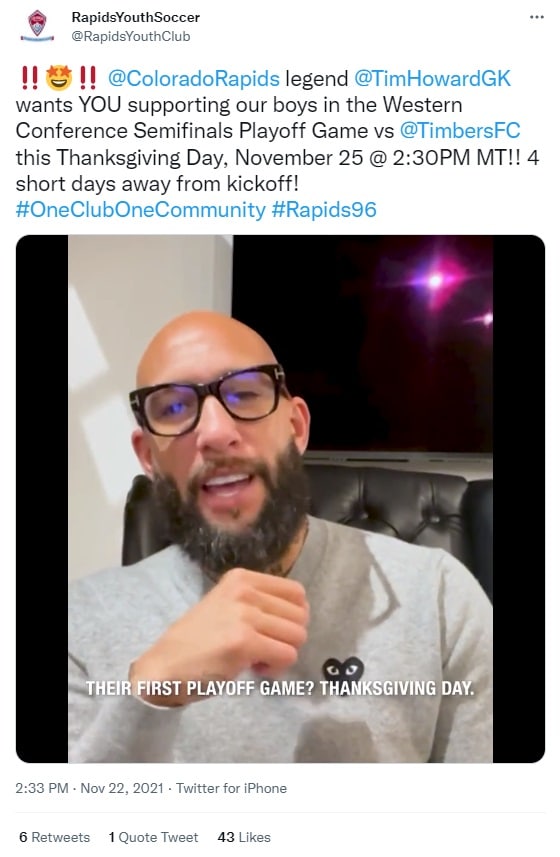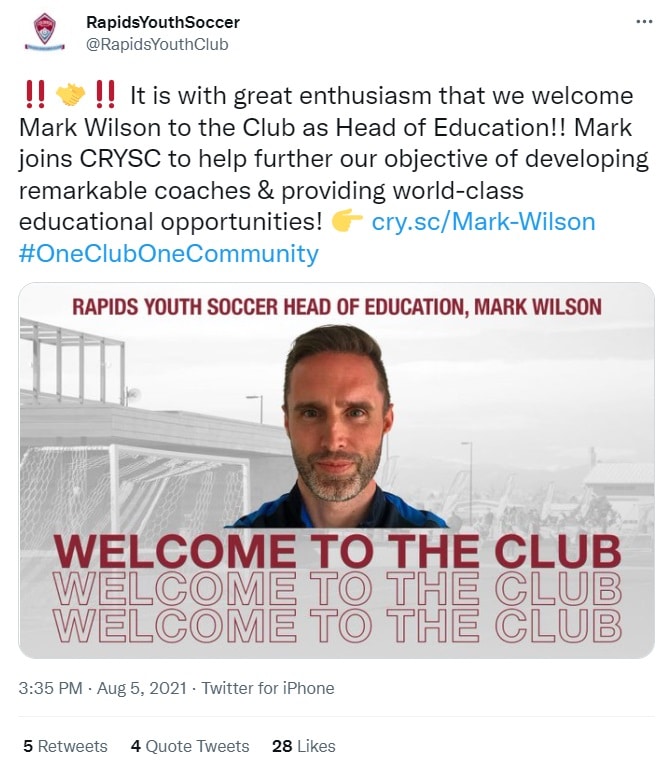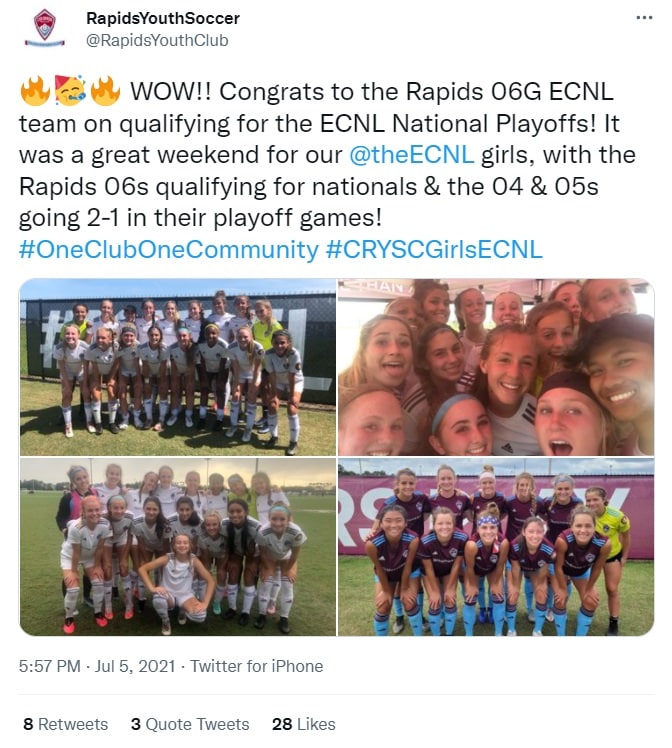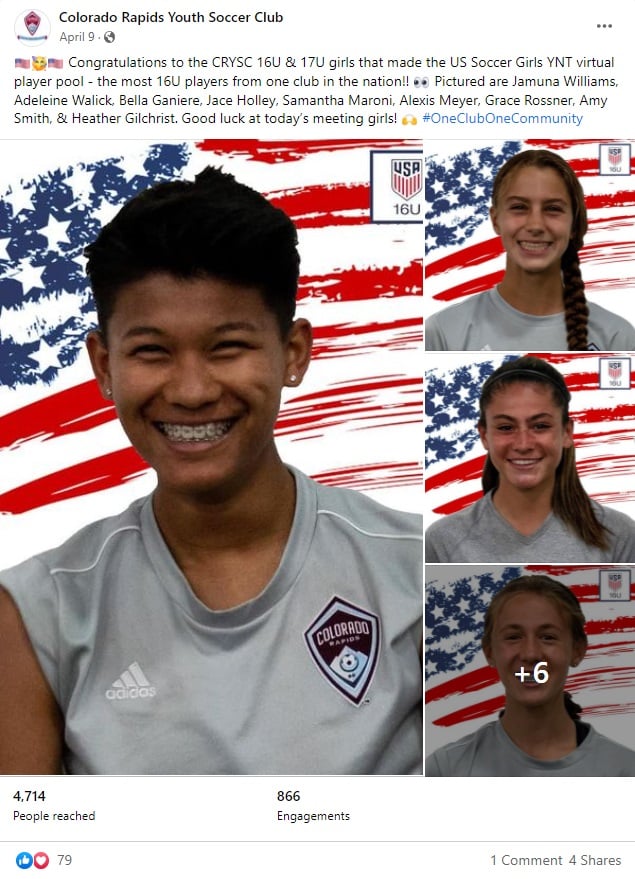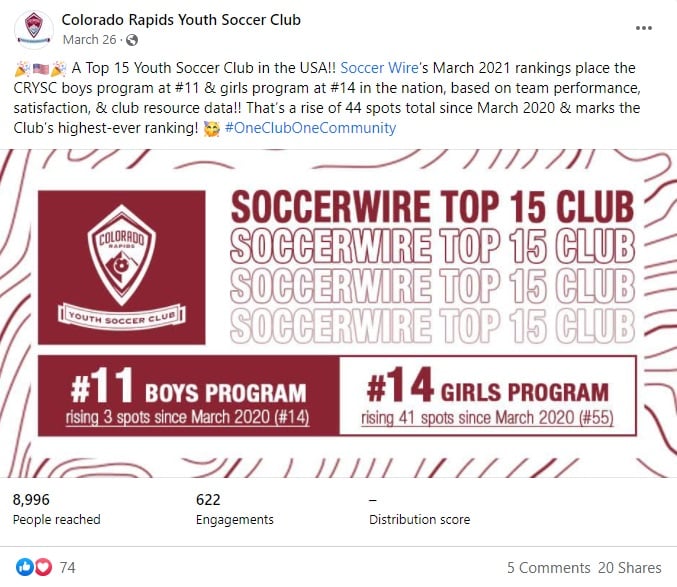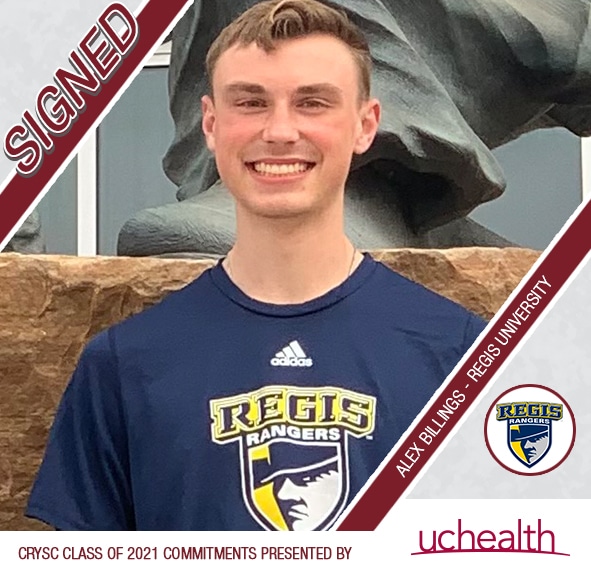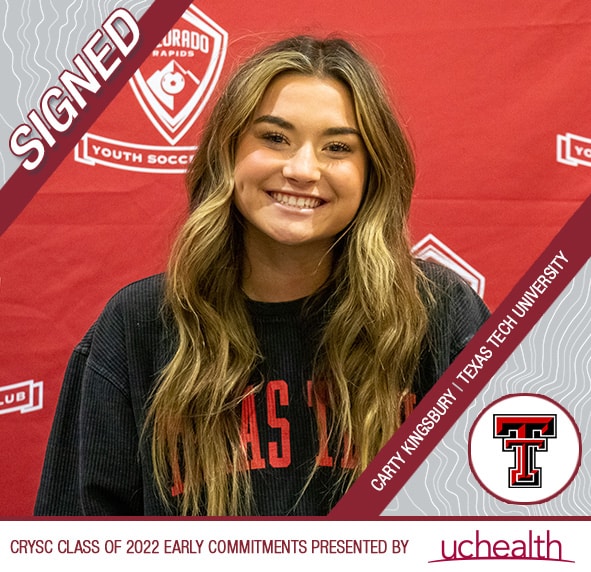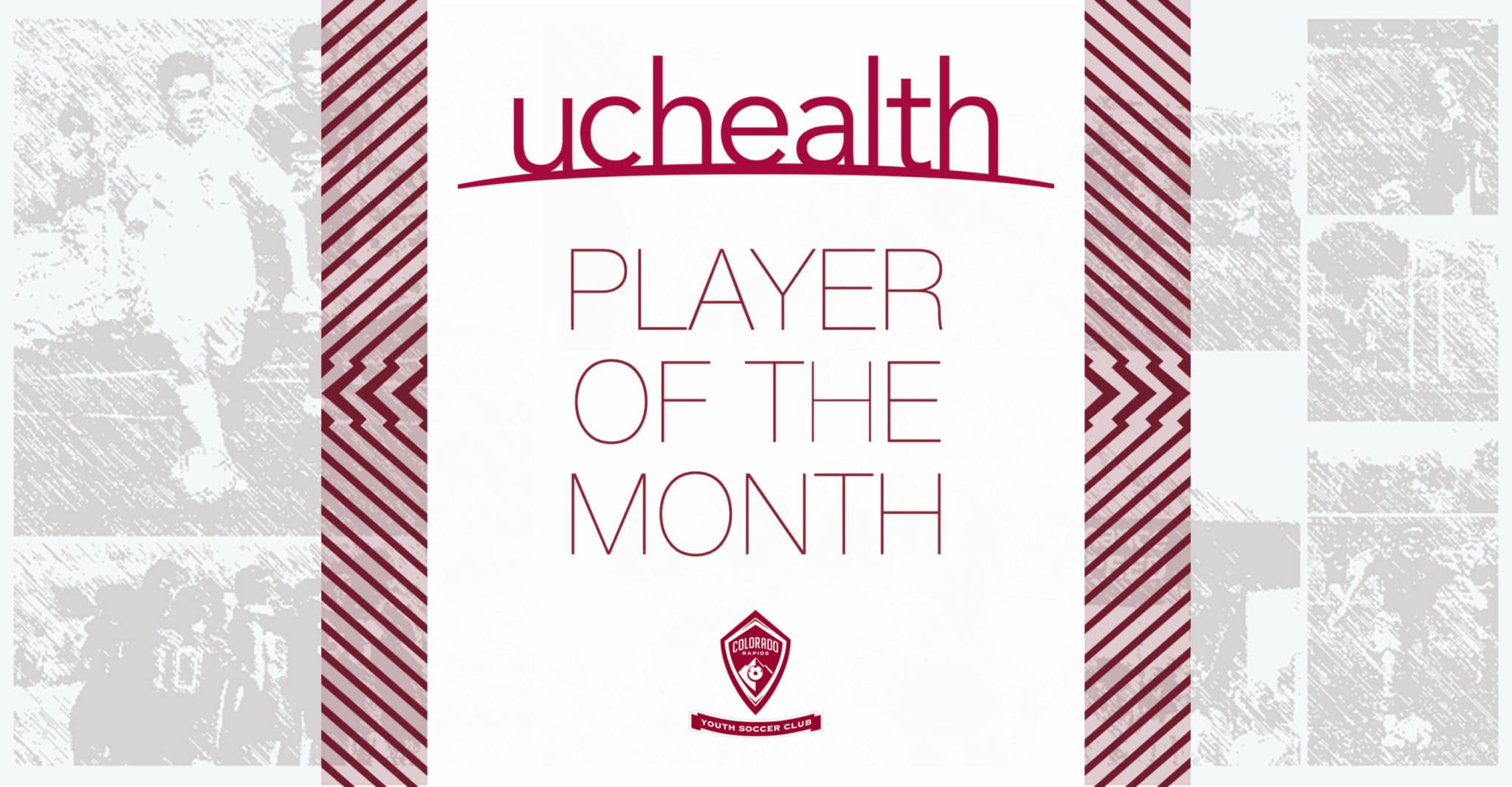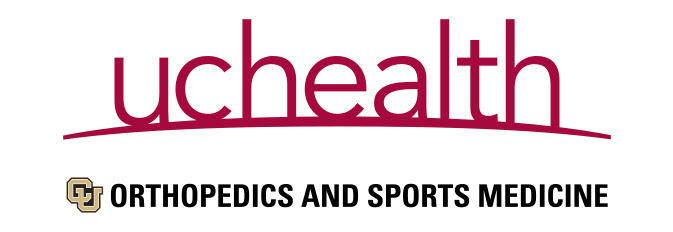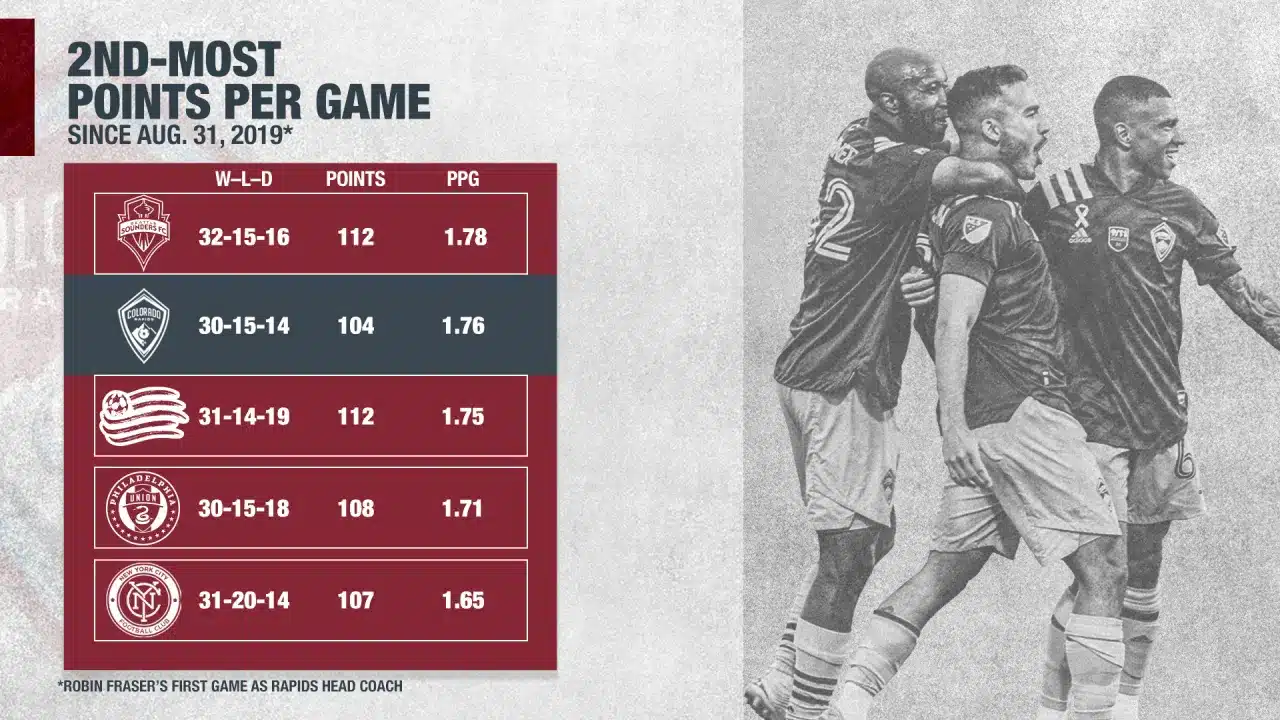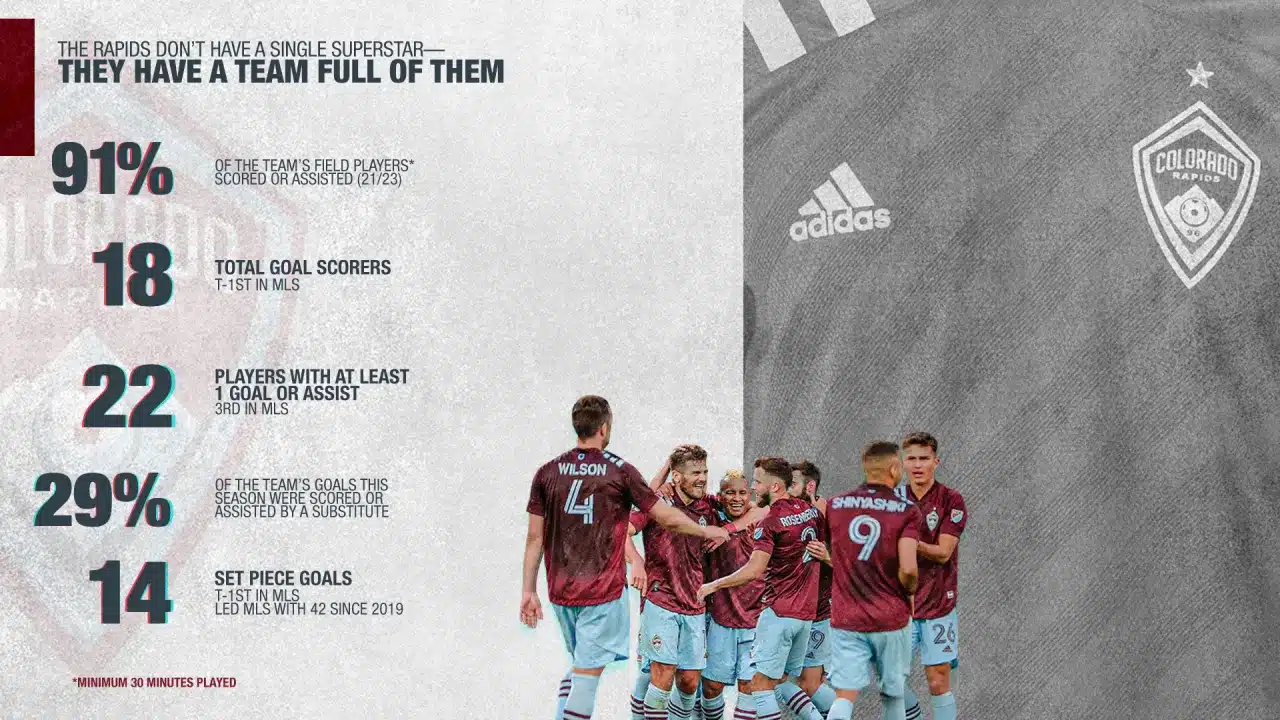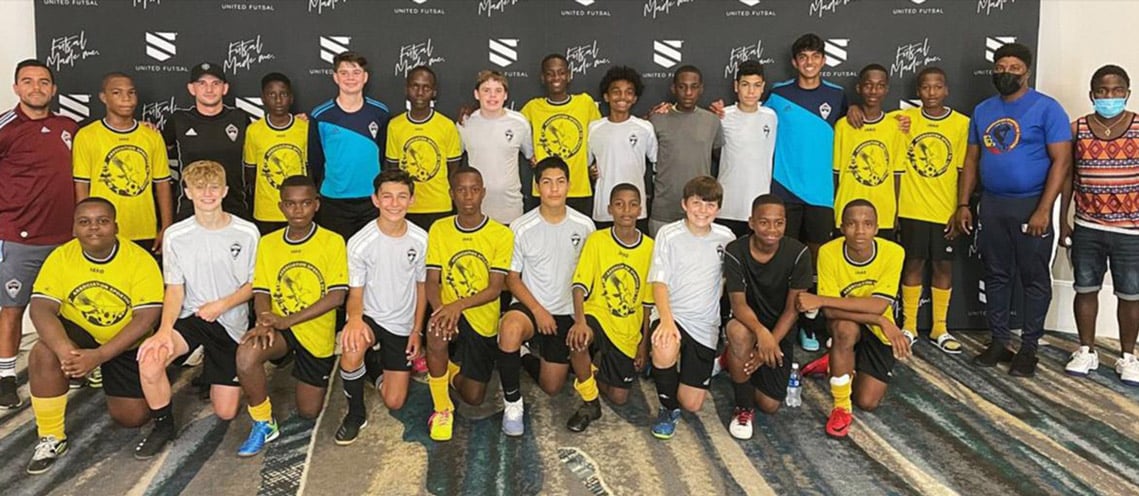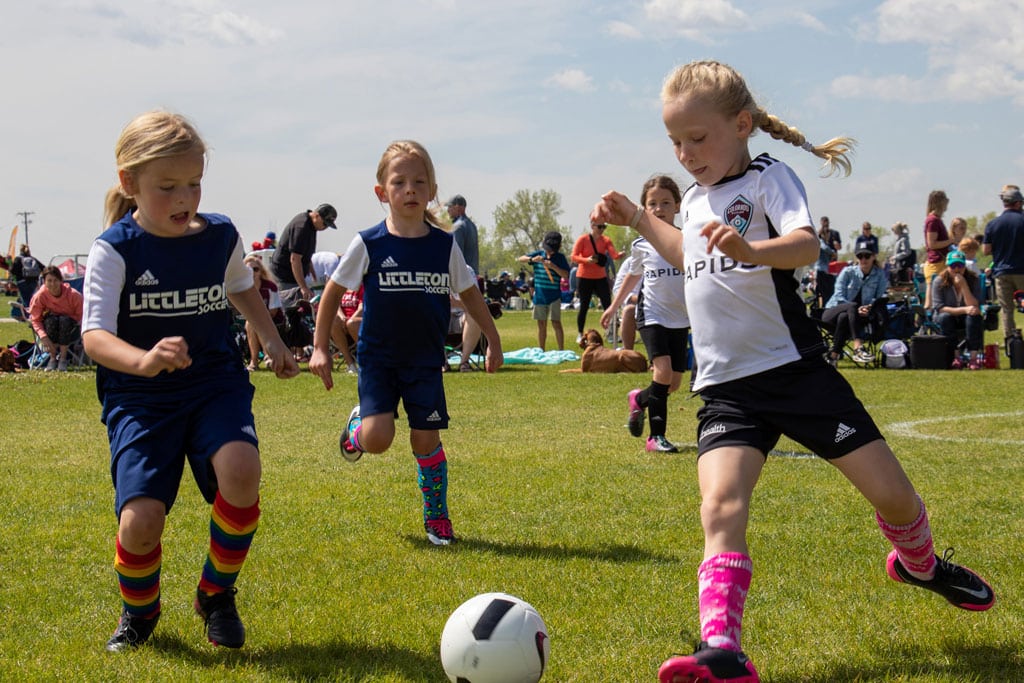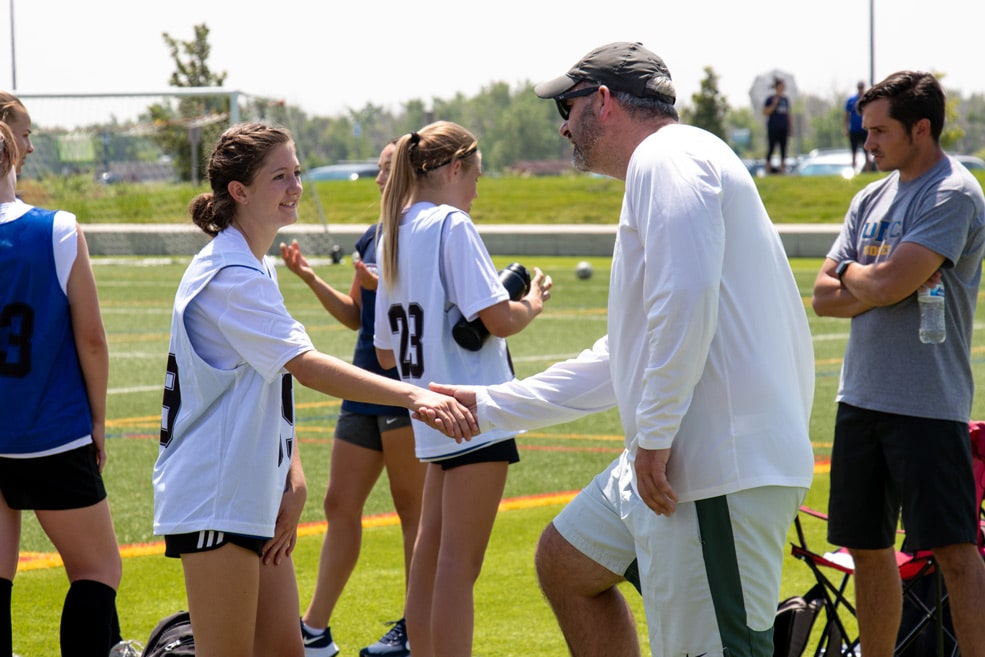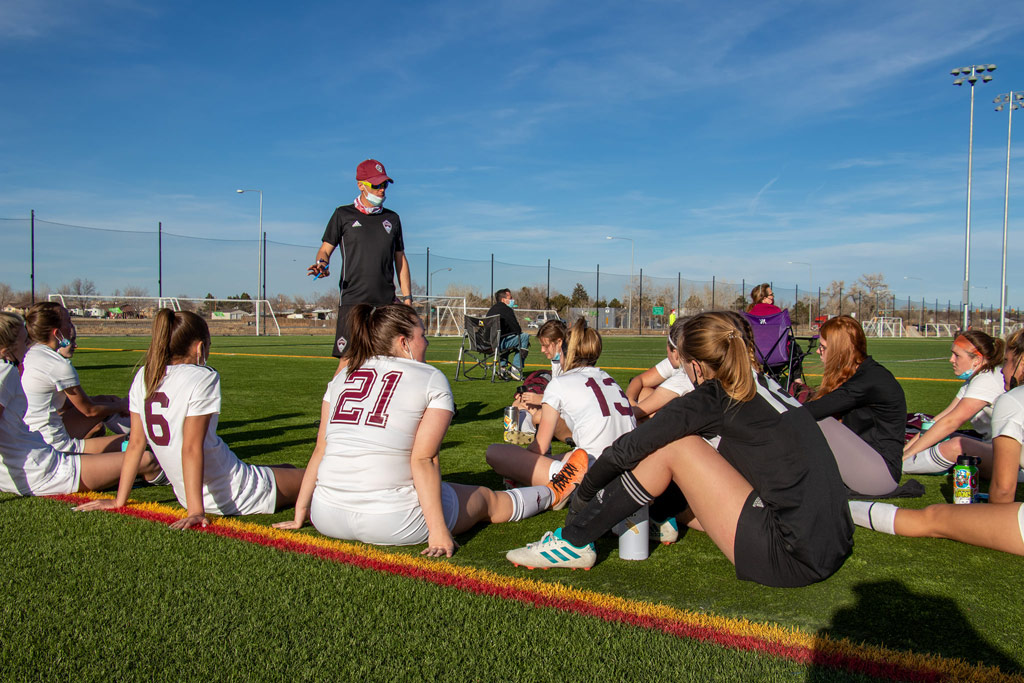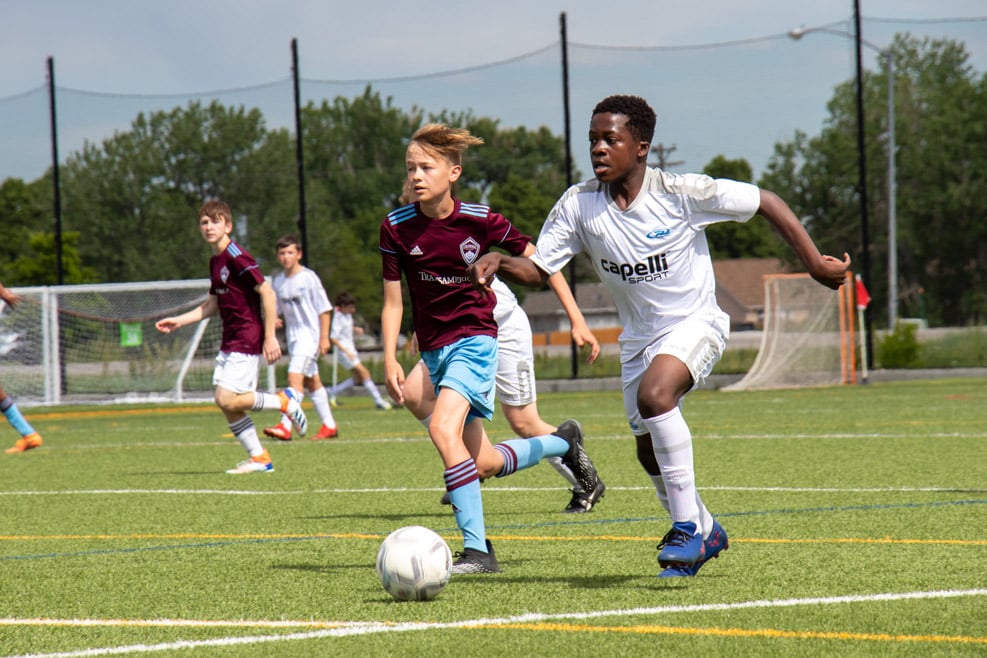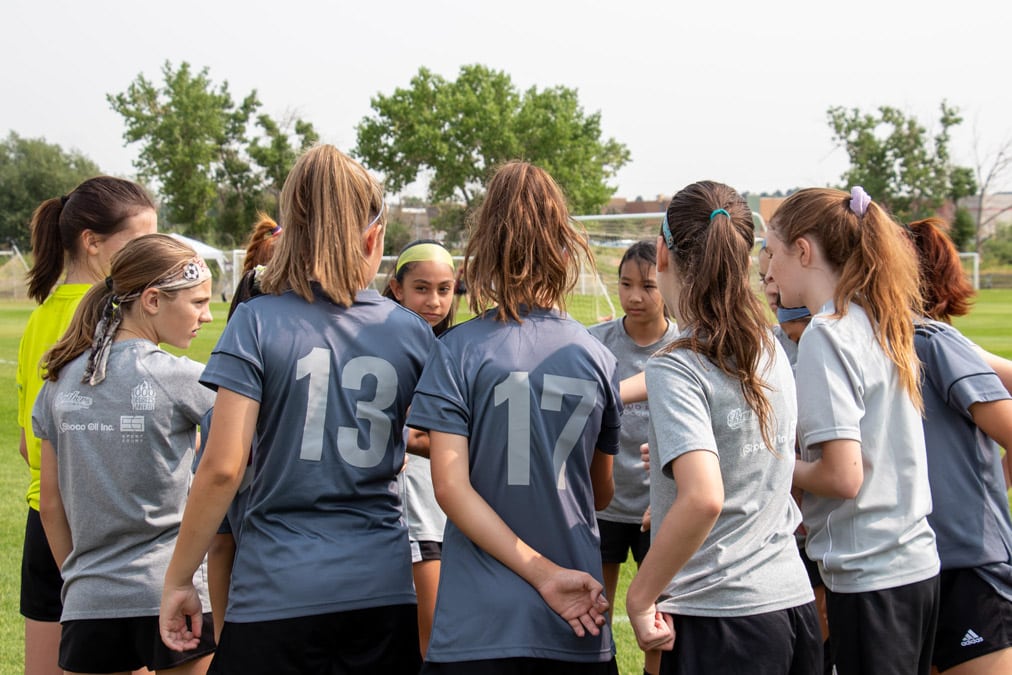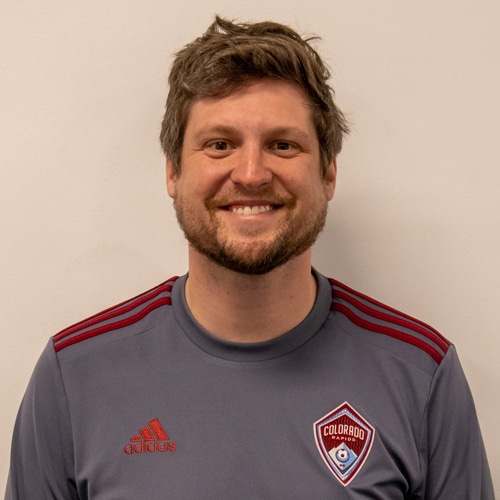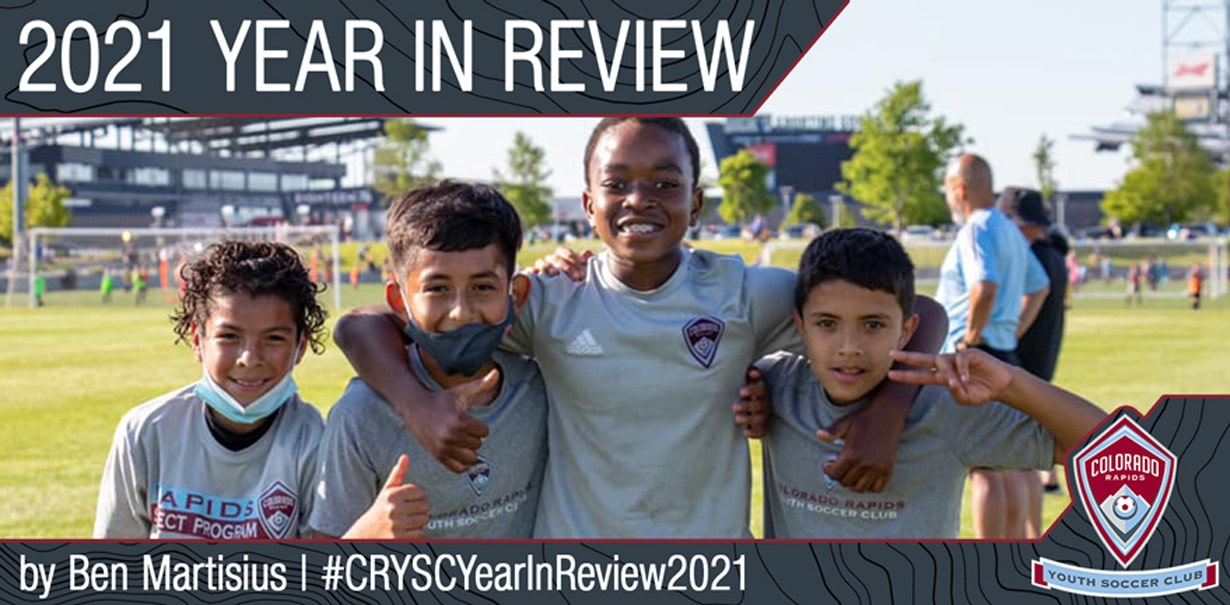
To Our Rapids Youth Soccer Family,
I hope you are having a wonderful holiday season and getting ready to celebrate the turn of the New Year with friends and family! Around this time each winter, I like to look back and evaluate the progress that our Club has made, the memorable moments we’ve experienced together, and the path we’re on headed into the New Year. In 2020, my thoughts centered around hope, opportunity brought on by change, and how we can move forward as #OneClubOneCommunity. My heart was heavy from the pandemic, so I looked forward to seeing what 2021 would offer. I’m excited to say that, even at my most hopeful, I couldn’t have expected the Club to grow in the ways that it did in 2021.
This year, we welcomed the most recreational and competitive players to our leagues ever, the most in and out of state competition to our tournaments ever, expanded our staff across all regions, created unique roles like Head of Education and Director of Mental Performance to better support our players and coaches, created a new Elite Development Squad (EDS) player pathway, watched our Colorado Rapids Women team go undefeated in the WPSL, watched our Colorado Rapids top the MLS West Division, and so much more. I invite you to read all about the year in our annual recap below and relive some of the highlights of 2021!
Thank you for being the most valuable part of this organization and an integral member of our Colorado soccer community! It is CRYSC’s duty to offer the best soccer experience possible and with the huge response we’ve seen in membership growth, participation in tournaments, the success of new programs like EDS and CRYSC Futsal, etc…we can’t wait to continue to grow and enjoy the beautiful game together in 2022.
Aaron Nagel, CRYSC Executive Director

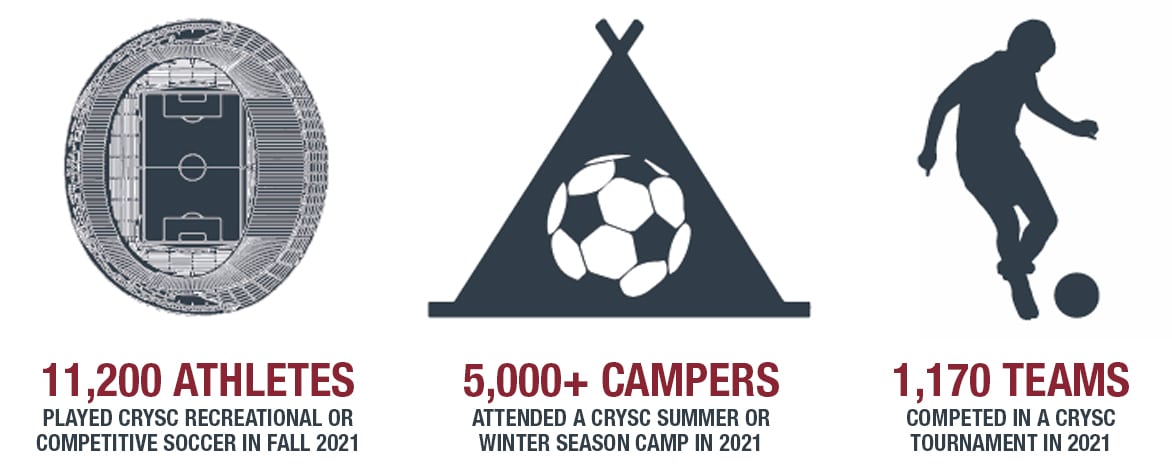

“This program instructs more than 10,000 youth year-round in and around the Front Range; it commits to being “The Heart Behind the Crest” by focusing on player’s development both on and off the field. Players with varied skill levels age three to 18 can sign up.” – Colorado Parent Magazine 2021 Family Favorites
For the third year in a row, CRYSC has been named Colorado Parent Magazine’s Family Favorites Soccer Club! Thank you to our players, members, and supporters across Colorado that voted for Rapids Youth Soccer as your favorite local Club in 2021. The CRYSC community is truly special and we are humbled to be stewards of your youth soccer experience.
“Rapids Youth Soccer has developed a data and analytics program to capture a range of trends in participation; player retention; age effect challenges; as well as pre-season, in-season, and end-of-season feelings and reflections. Rapids Youth Soccer will build on this work and integrate a longitudinal analysis of players and coaches with individual profiles, retention correlations, exit surveys, and more to ensure a high quality, developmentally appropriate soccer experience for every child.” – 2021 Project Play Champion Awards
This August, CRYSC was recognized by the Aspen Institute as a 2021 Project Play Champion! Each year, the Aspen Institute selects 20 organizations that have made contributions to benefit youth athletes. It’s an honor to be awarded for our survey and analytics program!

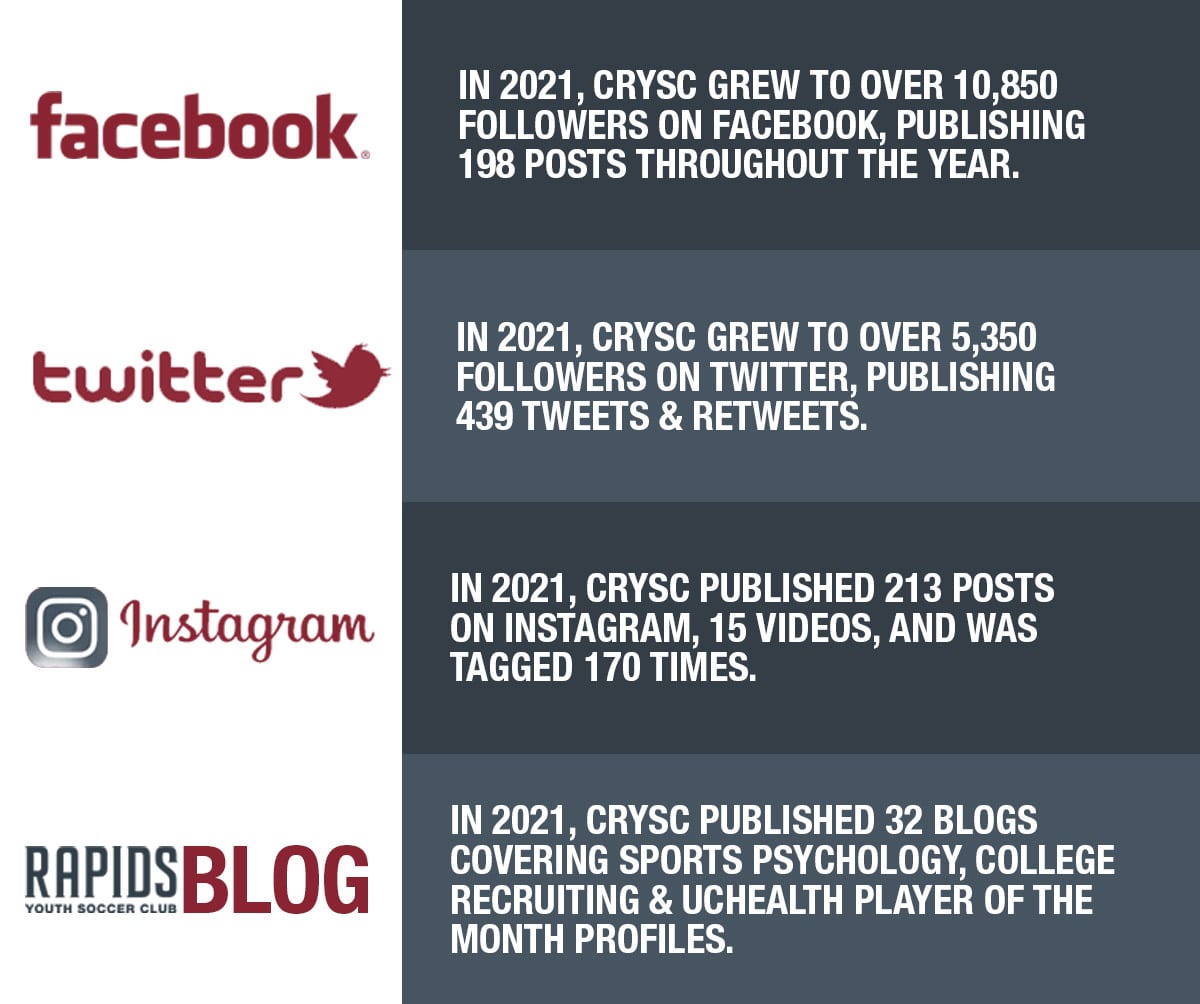







“On behalf of the entire Rapids community, the Club would like to congratulate our players for officially taking the next step in their academic and athletic careers. The announcement of our Class of 2021 and Class of 2022 (early) college soccer signees is an opportunity to celebrate the hard work of our players and their families through what was an incredibly challenging recruiting process. Colorado Rapids Youth Soccer Club has made a commitment to providing comprehensive recruiting support for our membership through an integration of resources in SportsRecruits / Veo Cameras / Hudl and the guidance provided by our staff, coaches, and College Placement Program. Our dedication to creating a program that raises the standard for recruiting visibility, recruiting education, and individual recruiting support is the reason CRYSC continues to be a leader in college signings across the country.” – Anthony Presnell, CRYSC College Placement Program Director
Meet the CRYSC Class of 2021 & Class of 2022 (early):
Click here to see the Class of 2021 player signing photos!
Class of 2021 College Commits Not Pictured:
- Ally Sanchez | Illinois Institute of Technology
- Armando Armas | Regis University
- Avery Bergschneider | University of Redlands
- Brandon Pulido | Yavapai College
- Caroline Chaffee | Cal Poly University
- Cody Meyer | Northeastern Junior College
- Delaney Dormus | University of Northern Colorado
- Elliot Druck | George Fox University
- Elliot Notolli | Saginaw Valley State University
- Jaden Lozano | Virginia Military Institute
- Jadyn Noel | Radford University
- Josie Simpson | Tabor College
- Luis Reyes | Virginia Military Institute
- Maddie Gomes | Park University Arizona
- Maya Pellegrini | University of Portland
- Oscar Cambria | Northeastern Junior College
- Spencer Nicholson | Concordia University Chicago
- Will Kopp | Simpson College
- Zachariah Shelest | Northeastern Junior College
- Zoe Lam | University of Texas San Antonio
Click here to see the Class of 2022 player signing photos (with more to come next year)!
Class of 2022 College Commits Not Pictured:
- Abby Bush | University of Northern Colorado
- Anna Lantz | Rockhurst University
- Cooper Landry | Metropolitan State University Denver
- Isa Durkin | Metropolitan State University Denver
- Jana Kavas | MidAmerica Nazarene University
- Jayden Roque | South Dakota School of Mines
- Lauren “Lola” Toland | Ottawa University Arizona
The CRYSC College Placement Program (CPP) is your Rapids resource for navigating the college selection process. If you have questions about the CRYSC college soccer, please contact Anthony Presnell or visit the College Soccer Page on the CRYSC website. For college recruitment tips, guides, and more, check out the 2021 blog articles published by Anthony: College Placement Program Player Resources Overview, The Return of College Soccer, and National Signing Day Information Guide.

In 2021, we welcomed Mark Wilson to Colorado Rapids Youth Soccer Club in a newly created role as the Club’s Head of Education! “Developing Remarkable Coaches” is a core objective at CRYSC and we believe that the addition of Mark to our technical staff will help the Club provide coaches with new resources and paths to success.
A former EPL and MLS professional player for clubs like Manchester United, Middlesbrough FC, and FC Dallas, Mark joins directly from New York Red Bulls where he worked as the interim u23 Head Coach. Mark is also the co-founder of the highly successful “EdTech” company, Beyond Pulse. His leadership role at Beyond Pulse focused on coach development, the impact of technology on coach education, and the evolution of learning and leadership at the youth level.
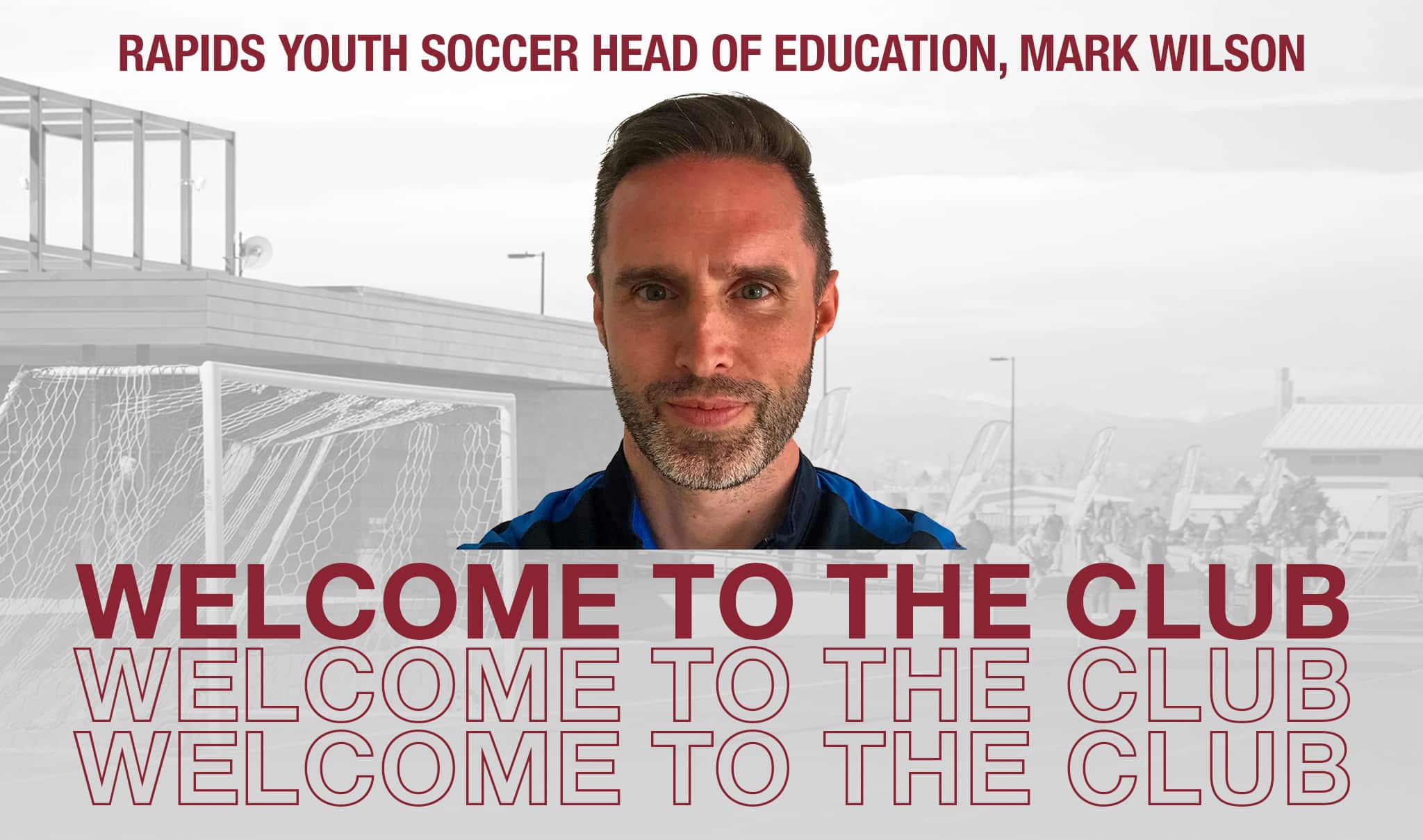
“At Rapids Youth Soccer, we believe that the more we support coaches at the Club with expertise, content, development ideas, and methodology, the better the experience and progression will be for our members. We have invested in webinars, out-of-state guest speakers, digital platforms, coach development study visits, and much more recently. Now I am excited to announce the recruitment of the Club’s first-ever Head of Education, Mark Wilson. Needless to say, Mark brings a wealth of experience and knowledge of multiple pathways to the Club and I am delighted to secure his services as CRYSC’s first-ever Head of Education.” – Donald Gillies, CRYSC Technical Director
In 2021, we welcomed Miguel Rodrigues to Colorado Rapids Youth Soccer Club as South Technical Director!
A native of São Paulo, Brazil, Miguel was raised in Miami, Florida. Most recently, he led Weston FC (Florida) as their Boys Development Academy (DA) Director and served as the Assistant Director of Coaching at San Antonio City SC. Miguel holds both the USSF A-Senior License and Academy Director License. He began his tenure at CRYSC in August and made an instant impact on the fields and in the classroom this fall season.
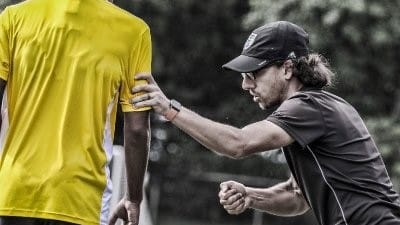
In 2021, we welcomed Sebastian Giraldo, Ph.D. to Colorado Rapids Youth Soccer Club as Central Technical Director!
This December, Sebastian joined Rapids Youth Soccer from US Soccer where he operated across the country as a full-time Coach Education Instructor on USSF Licenses and Grassroots Courses. Before working with US Soccer, he served as Director of Education and Coaching Methodology at San Antonio City SC. Sebastian’s work with South Texas FC also supports his integration into the Central Technical Director role at CRYSC.
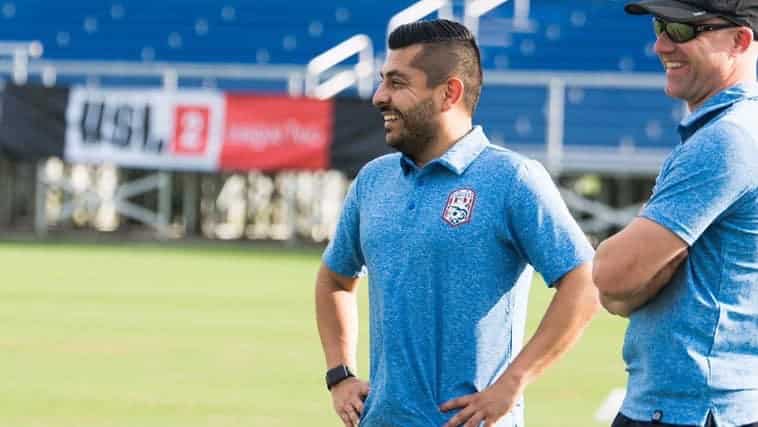




Congratulations to the Colorado Rapids Women on winning the Women’s Premier Soccer League (WPSL) Mountain Conference Franchise of the Year, Offensive Player of the Year, and five players making the All-Conference Team in the league’s post-season awards in 2021! It was an incredible, undefeated year for the team and the recognition for their achievement is the cherry on top!
“The WPSL group’s achievements this year have been outstanding. The accolades that tend to come with success are always great to receive, but the recognition that this team has had is especially pleasing. Offensive Player of the Year, Natalie Beckman, and the other four players that made the All-Conference Team are wonderful talents that fully deserve the honors that they have received from the league. Between the staff and pool of players involved, the quality of the team shines through and has made watching them an incredibly joyful experience.” – Donald Gillies, CRYSC Technical Director

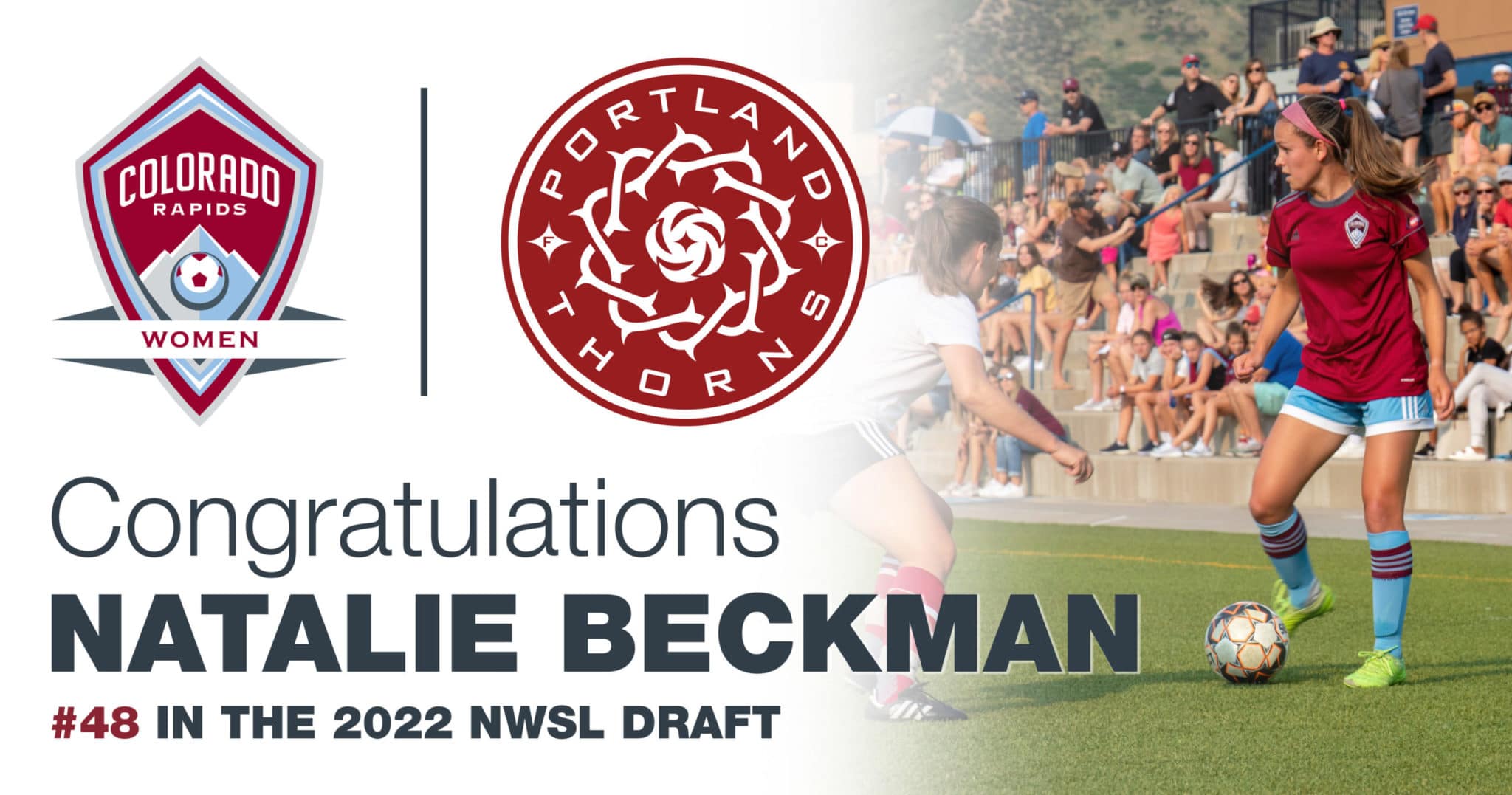
Colorado Rapids Women is the official WPSL team, owned and operated by Colorado Rapids Youth Soccer Club. This is the second full season that the team has competed in the WPSL, after last season was disrupted by the pandemic. Click here to visit the CRYSC WPSL webpage or on one of the icons below to visit the Rapids Women Twitter or Instagram page.

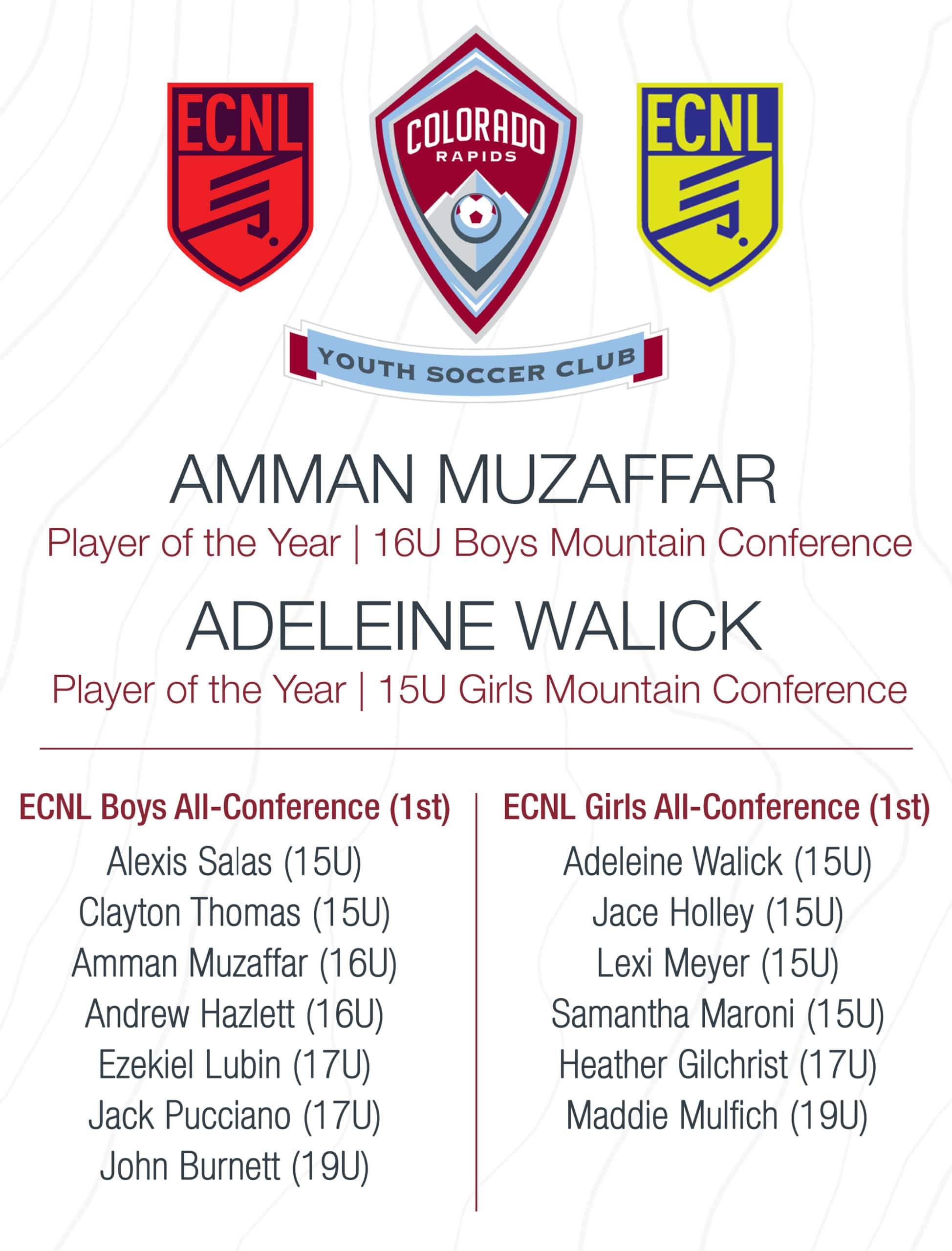

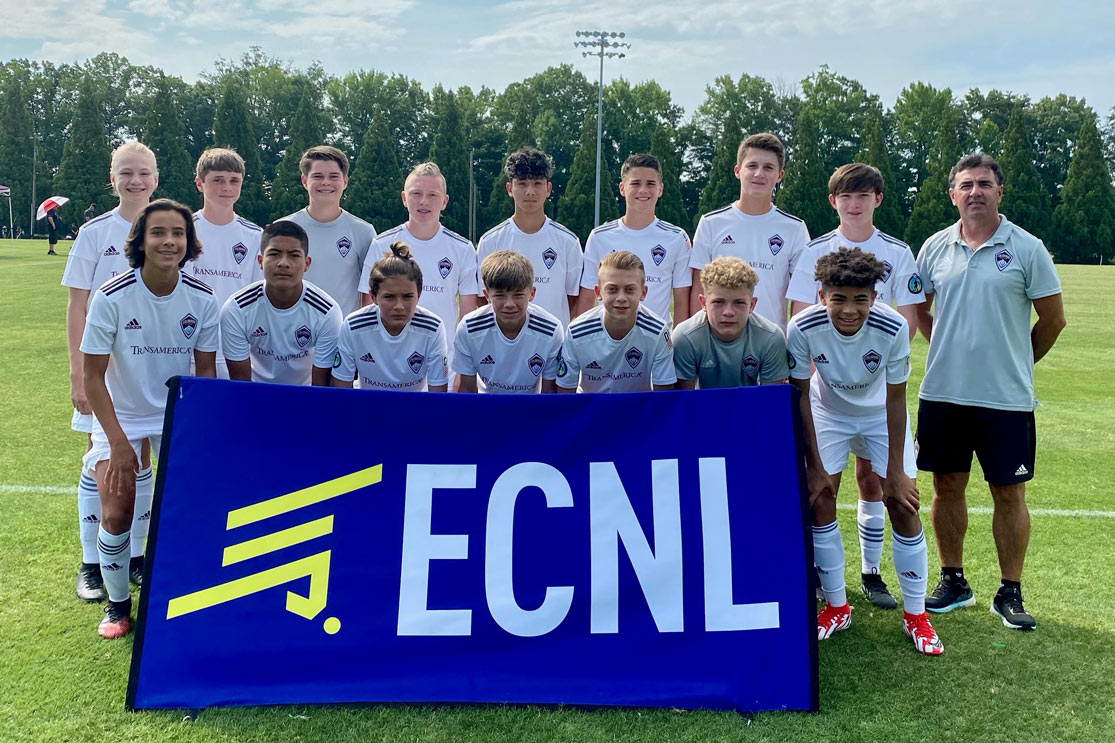

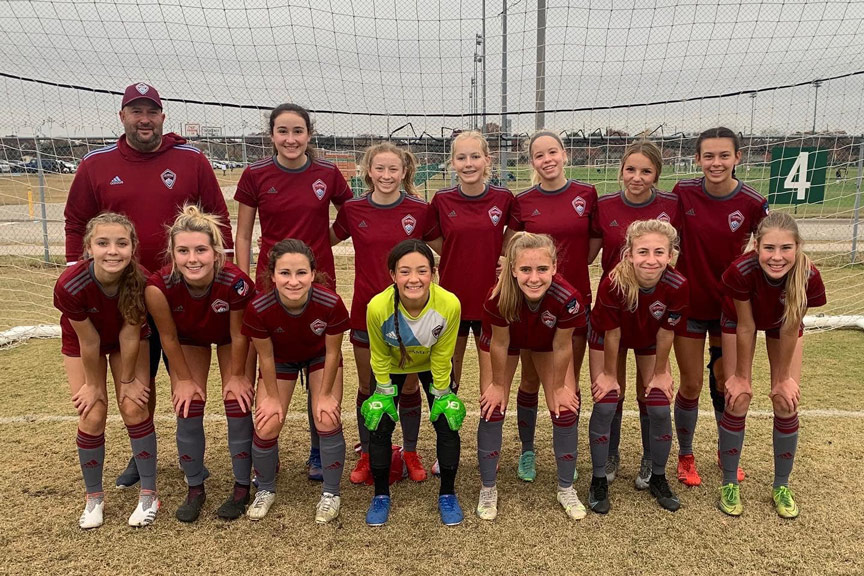
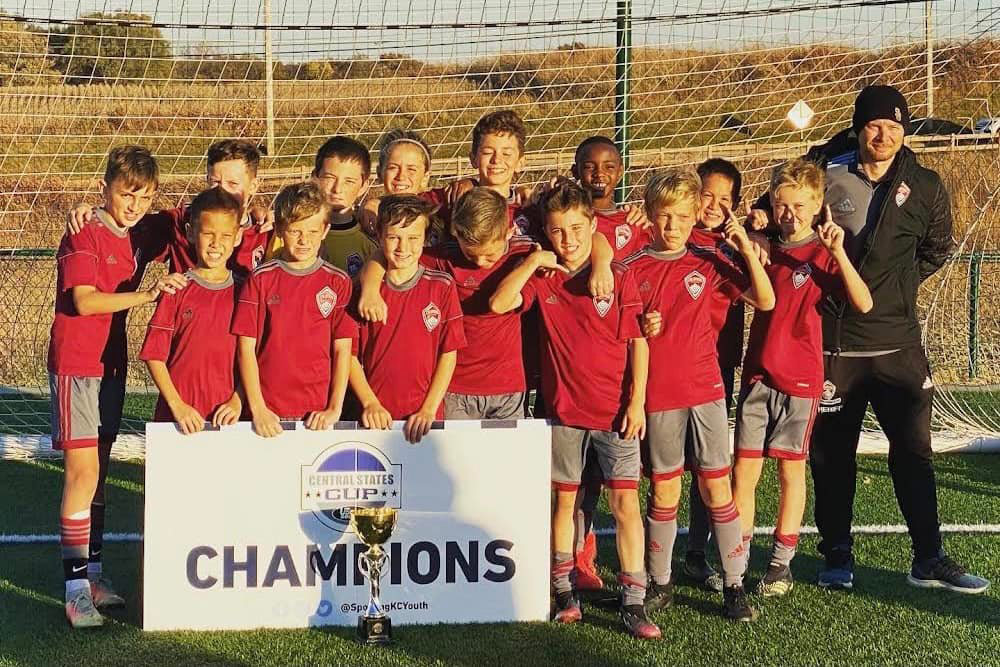
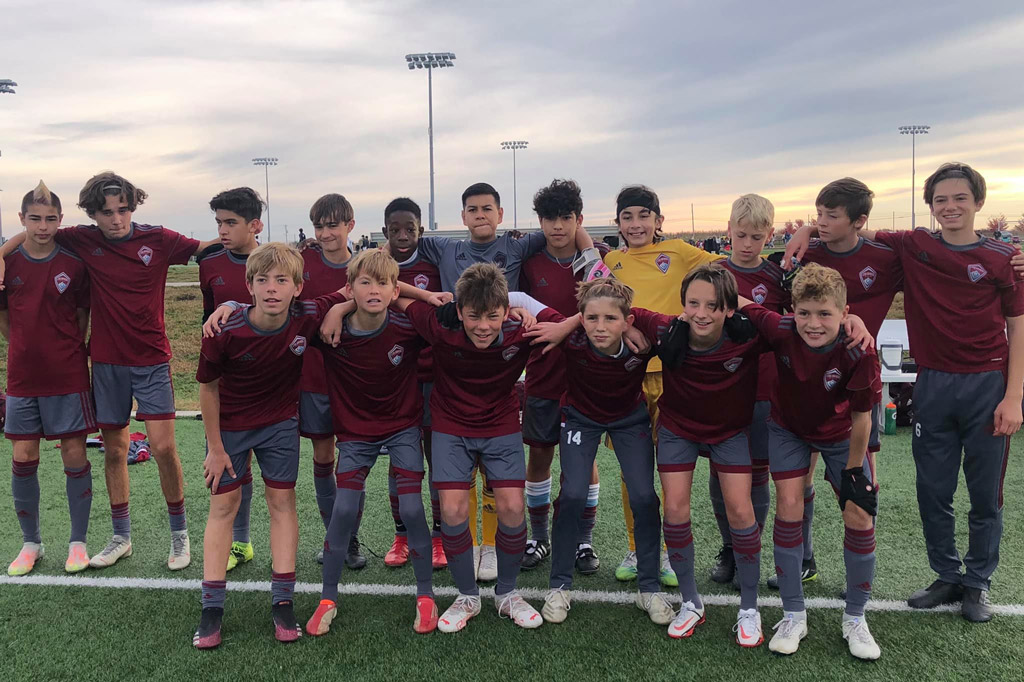
After 11 months of research, working groups and feedback, CRYSC Elite Development Squads (EDS) were launched in August 2021! This landmark project was conceived as an attempt to change the perception, flow, and understanding of how talent is developed in the US Youth Soccer landscape by introducing a “layer” of competition just below that of Elite Club National League (ECNL) teams on both the boys and girls side.
In the fall of 2021, CRYSC EDS teams began competing in tournaments around the country. EDS has gotten off to a great start, providing elite-level opportunities across the whole of the Club, and we look forward to seeing these teams grow in 2022!
A Note from CRYSC Technical Director Donald Gillies on #CRYSCEDS in 2021
CRYSC Technical Director Donald Gillies on #CRYSCEDS in 2021,
EDS was created to give CRYSC players who are not at ECNL level or in a CRYSC region abundant with ECNL opportunities, a high quality weekly practice environment with other likeminded players at a location and time where they can feel they are still on track to make the most of their abilities. More regular interactions with ECNL environments via showcases, scrimmages, or guest playing opportunities are made available to these players, while still offering games and practices locally with their regional team. It is a blend of opportunities unique to EDS teams that we are proud to have made happen.
The initiative is still very much in its infancy, but we are fully committed to allowing the players who are clearly talented, the space and time to evolve, find their own identities, and know that if the moment becomes “right” for them, they can move up to the next level.

In 2021, UCHealth and CRYSC teamed up to highlight the amazing individuals at the Club with a new “UCHealth Player of the Month” award! This award was created to put a spotlight on players that have shown athletic excellence, academic achievement, or exemplary character out on the fields or in their community.
Monthly winners have been featured on the CRYSC blog page and in a recurring section of the Club newsletter. Thank you to everyone who nominated a player in 2021 and congratulations to our winners. You can find a recap of our UCHealth Player of the Month awards below, as well as our final winner for December 2021 – Kaylynn Miller. Look forward to more UCHealth Player of the Month content in 2022 and click here to nominate a player for this January!
Congratulations to Kaylynn Miller on winning the December 2021 UCHealth Player of the Month award!
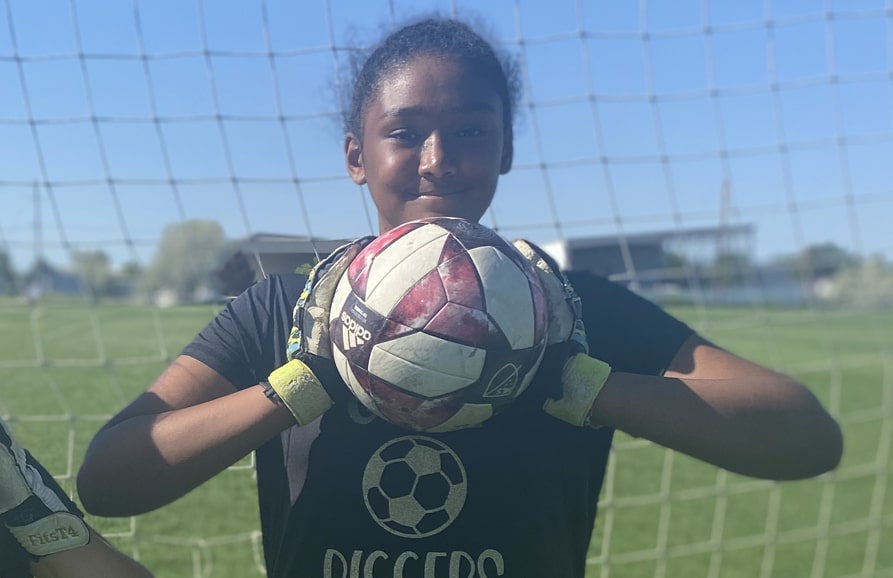
Congratulations to Kaylynn Miller on winning the UCHealth Player of the Month award for December 2021!
Kaylynn plays for the Rapids 08G Central Select 2 team as a goalkeeper and has had an outstanding 2021, culminating in being named MVP for her age group at President’s Cup! She has been described as “super responsible, hardworking, and caring” with a true passion for the game and drive to become the best player that she can. She has also been excelling in academics this year, with a 4.0 going into the holiday break and a place on her school’s Honor Roll. Kaylynn has been a vital member of multiple CRYSC teams since 2020, and wherever she is, she makes an impact on and off of the field. We spoke with Kaylynn to learn a bit more about her and see what drives her game. Check out the full interview on the CRYSC blog page!
Click here to catch up on our UCHealth Player of the Month winners in 2021!
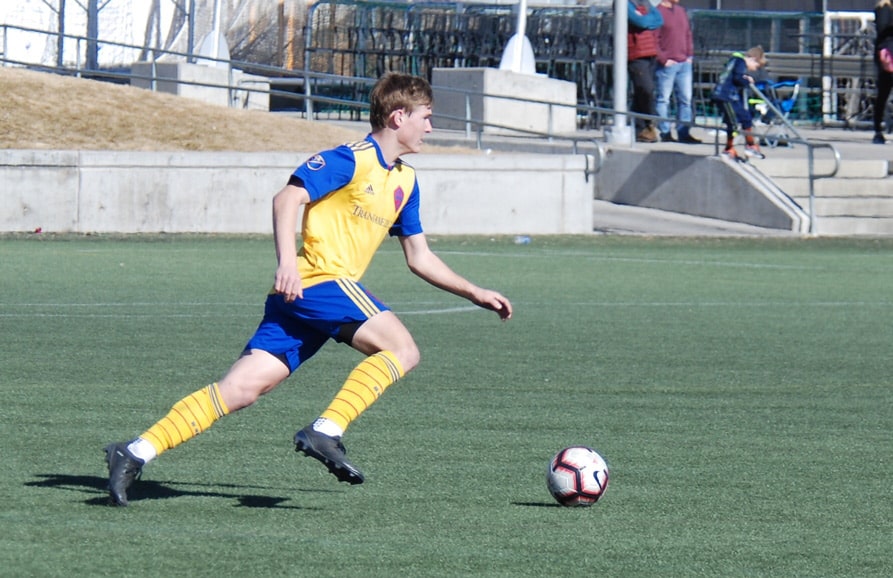
Congratulations to John Burnett on winning the UCHealth Player of the Month award for January 2021!
John plays with the Rapids 03/02B ECNL team as a defensive midfielder, is captain of his club and high school teams, and has been described as a leader both on and off the pitch. He was nominated by his father Chad and is the first-ever recipient of the new UCHealth Player of the Month award! We spoke with John to learn a bit more about him and see what drives his game. Check out the full interview on the CRYSC blog page!
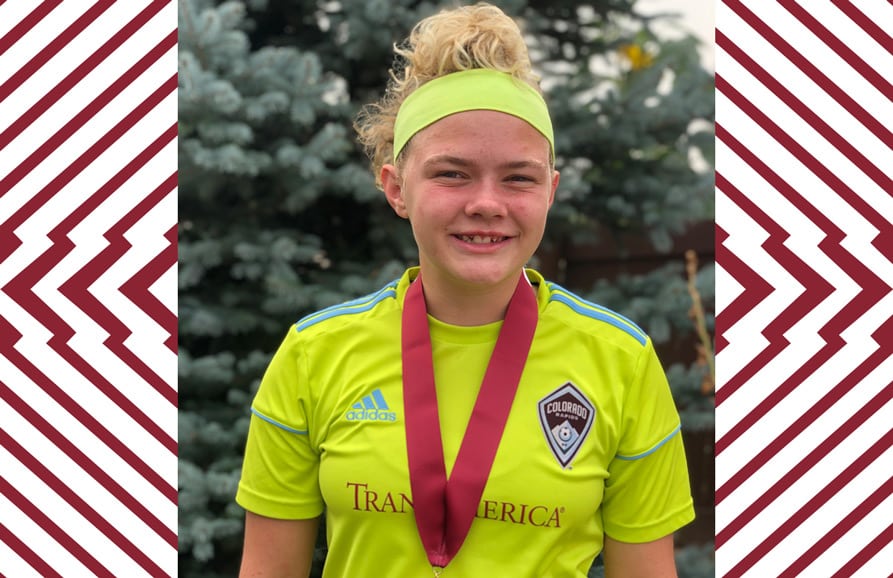
Congratulations to Sara Swenson on winning the UCHealth Player of the Month award for February 2021!
Sara plays in the Rapids Fort Collins region with the Rapids 08 Select girls as the team’s goalkeeper. She has gained a reputation as a player that leads by example, with a strong dedication to self-improvement and helping others grow in the goalkeeper position. Sara loves the game and is always out training on the fields with her teammates, running drills in her back yard, or working with younger players as a mentor. We spoke with Sara to learn a bit more about her and see what drives her game. Check out the full interview on the CRYSC blog page!
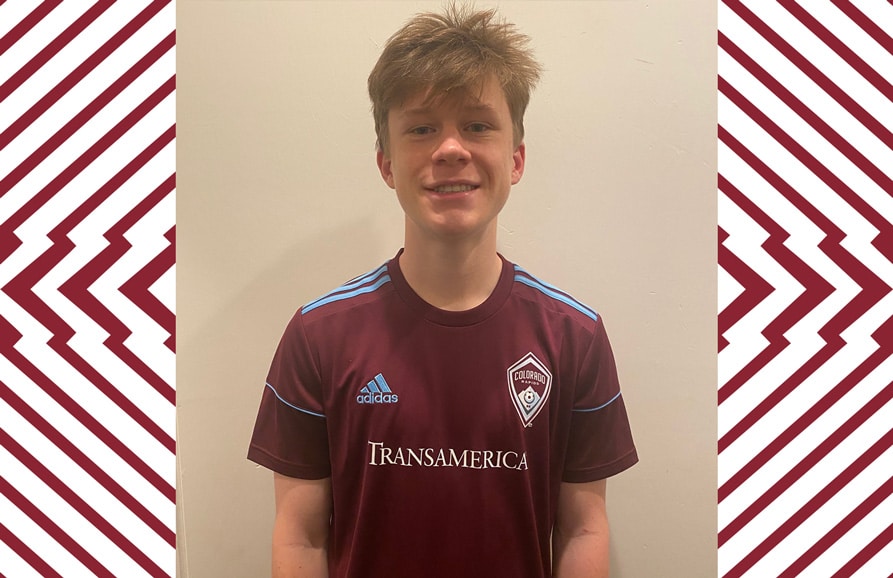
Congratulations to TJ Gibson on winning the UCHealth Player of the Month award for March 2021!
TJ plays in the Rapids Central region with the Rapids 03 Select boys as a midfielder and captain of the team. College Placement Program Director Anthony Presnell describes TJ as “a true representative what it means to be a CRYSC student-athlete. Along with his commitment to his personal development TJ has been playing with Rapids Youth Soccer for nearly 14 years!” He has recently been accepted into Washington University- St Louis and will play with university’s men’s soccer program in fall 2021. We spoke with TJ to learn a bit more about him and see what drives his game. Check out the full interview on the CRYSC blog page!
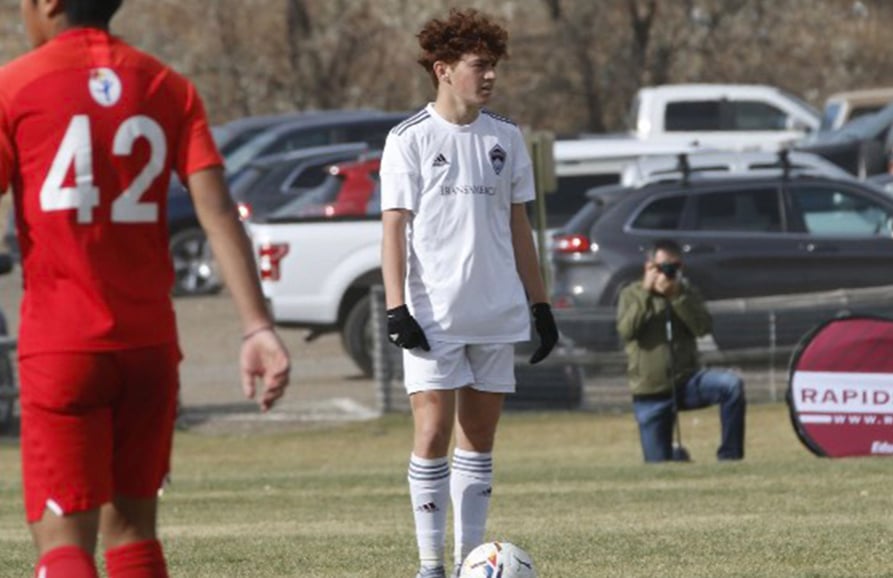
Congratulations to Amman Muzaffar on winning the UCHealth Player of the Month award for April 2021!
Amman plays with the Rapids 05 ECNL boys as a central midfielder and captain of the team. He’s been with the Club since his earliest playing days at Colorado Storm and has developed into a leader both on and off the field. “While extremely humble, he is very passionate about the game and will sacrifice himself for the better of the team. He cares about all of his teammates and is a great person to be around on and off the pitch.” We spoke with Amman to learn a bit more about him and see what drives his game. Check out the full interview on the CRYSC blog page!
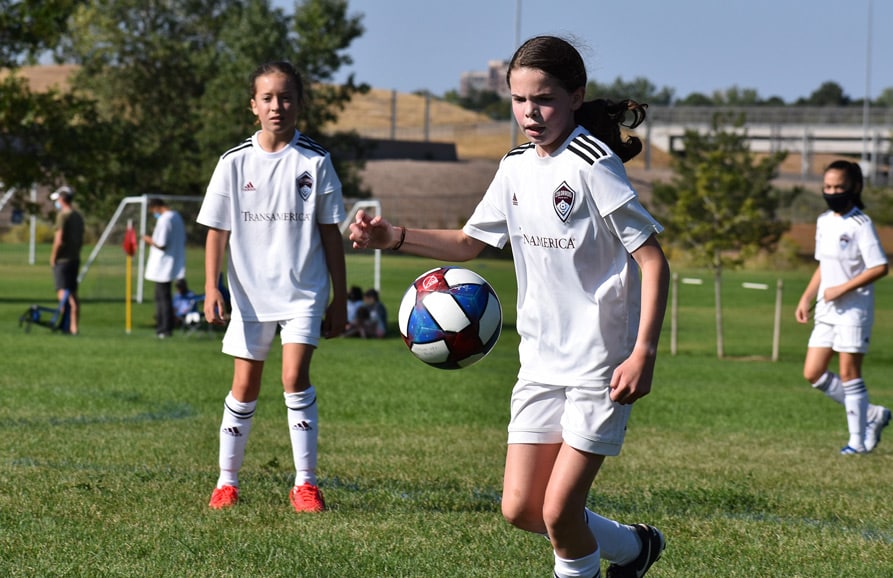
Congratulations to Cate Farnsworth on winning the UCHealth Player of the Month award for May 2021!
Cate plays with the Rapids 09G Burgundy team as a defender and is known by her coaches and teammates as a “quiet workhorse” whose actions make her a true leader both on and off the pitch. Whether she’s putting in a tackle to stop a goal scoring opportunity, fundraising for the Mile High Labrador Retriever Mission, or representing her school at the city-wide science fair, Cate makes an impact wherever she goes. We spoke with Cate to learn a bit more about her and see what drives her game. Check out the full interview on the CRYSC blog page!

Congratulations to Maddy Quantz on winning the UCHealth Player of the Month award for June 2021!
Maddy plays with the Rapids 07G Burgundy Castle Rock team as a midfielder and works with CRYSC players under the age of 6 as a volunteer Soccer Start coach. She truly loves the game and has been described by CRYSC coaching staff as “an outstanding young lady that represents Rapids Youth Soccer and its values, inside and outside the Club.” Maddy embodies the Club’s “Heart Behind the Crest” purpose and is always looking to help out her teammates and classmates however she can. Win or lose, Maddy will be there as a reliable teammate, friend, and leader. We spoke with Cate to learn a bit more about her and see what drives her game. Check out the full interview on the CRYSC blog page!
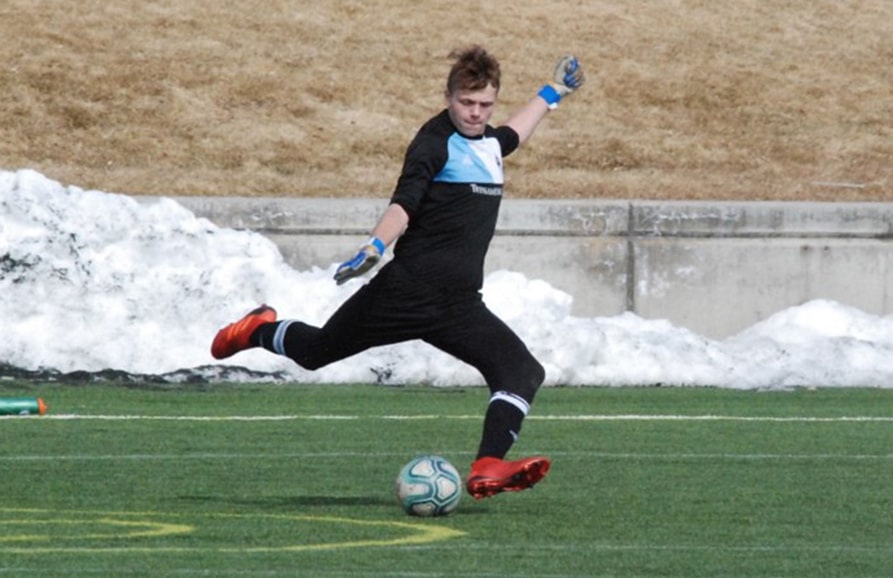
Congratulations to Wesley Gowdy on winning the UCHealth Player of the Month award for July 2021!
Wes plays on the Rapids 19U ECNL boys team as a goalkeeper and has committed to playing college soccer at Colorado School of Mines this fall. Wes is known as an incredibly talented athlete, playing with the Colorado Rapids MLS Next and Olympic Development Program Region IV teams, and a hard working student, lettering five times academically and graduating with Honors through the SOAR Honors Program. With strong performances on the field and in the classroom, Wes has earned his place as our newest UCHealth Player of the Month winner! We spoke with Wes to learn a bit more about him and see what drives his game. Check out the full interview on the CRYSC blog page!
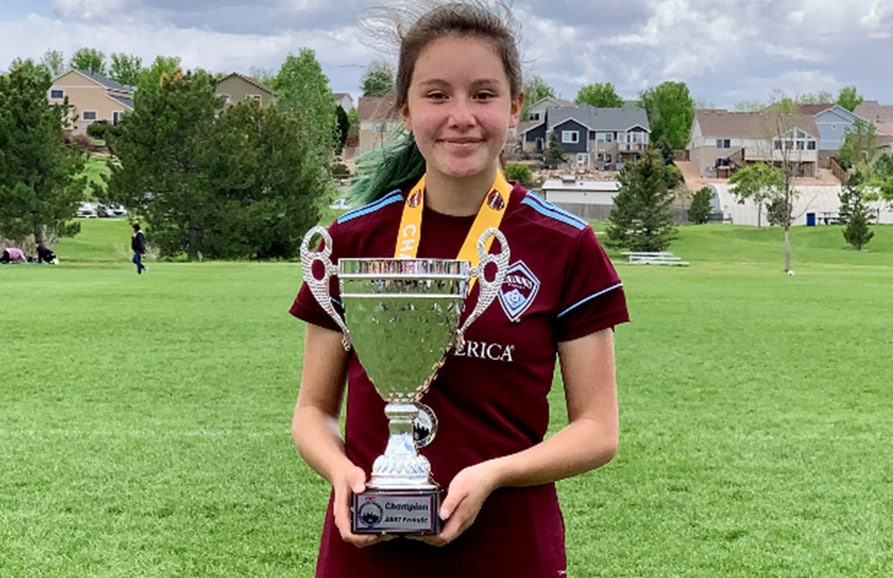
Congratulations to Bailey Setright on winning the UCHealth Player of the Month award for September 2021!
Bailey plays on the Rapids 14U Fort Collins Select team as a defender, traveling across state lines from her hometown of Laramie, Wyoming three to four times a week for practice, training, and games. She has played with the Wyoming ODP team for two years, made the West Regional ODP pool in 2019-20, and featured in the defense of a fantastic Fort Collins team that only let in one goal all of last season. Bailey embodies hard work and a love for the game, making her our latest UCHealth Player of the Month winner. We spoke with Bailey to learn a bit more about her and see what drives her game. Check out the full interview on the CRYSC blog page!

Congratulations to Teagan Lierman on winning the UCHealth Player of the Month award for October 2021!
Teagan plays on the Rapids 03/04G Select 1 team as a striker and is having a prolific season in front of goal! This year, she helped her team to a President’s Cup final victory, taking home the game’s MVP award for an incredible 4-goal display. When Teagan isn’t leading the line for her team, she enjoys playing softball and volunteering with the Northern Lights Little League in Thornton. Teagan is our latest UCHealth Player of the Month because of her accomplishments on the field, in her community, and as an example that younger CRYSC players can look up to. We spoke with Teagan to learn a bit more about her and see what drives her game. Check out the full interview on the CRYSC blog page!
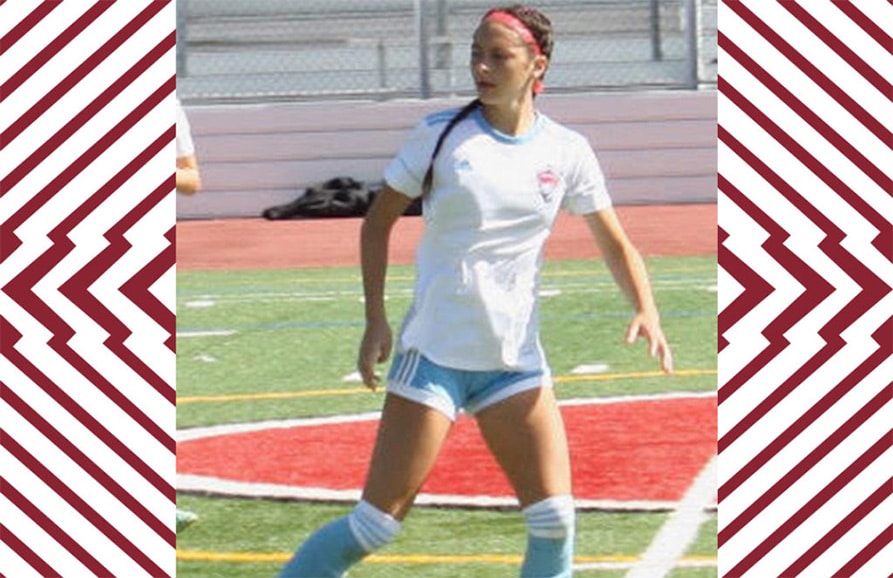
Congratulations to Claire Silverman on winning the UCHealth Player of the Month award for November 2021!
Claire plays for the Rapids 05G ECNL team and Fairview High School as a striker with a keen eye for goal. She was the top scorer this year in the Front Range League and recently made the Western Conference ODP team. Claire has also been making an impact off of the field through community service, helping seniors learn new technology, making blankets and biscuits for the humane society, and tutoring young students in math. She has been described as “an excellent teammate, a great student (4.84 GPA!), and an individual that contributes within her community.” We spoke with Claire to learn a bit more about her and see what drives her game. Check out the full interview on the CRYSC blog page!
“UCHealth and CU Orthopedics are proud to partner with Colorado Rapids Youth Soccer Club and to help care for the club’s athletes. We’ll be available to help care for any injuries that might occur, but our most important mission is to work with the Club’s coaches and administration, providing the most advanced resources to athletes and their families to help prevent injuries from happening in the first place.” – Dr. Scott Laker, UCHealth and CU Sports Medicine Specialist. Since 2018, CRYSC and UCHealth + CU Orthopedics and Sports Medicine have worked together in an effort to grow the safety and health resources that are available for Rapids Youth players and members.


In 2021, Colorado Soccer Foundation (CSF) and Colorado Rapids Youth Soccer Club (CRYSC) announced the opening of Soccer City Aurora – the culmination of nearly a decade of soccer outreach work, collaborative planning with community leaders, and a goal of providing more opportunities for Colorado youth. Read the full press release here!
Registered Rapids Youth Soccer players will have FREE ACCESS to open play hours at Soccer City Aurora, with the access fee paid for by Rapids Youth Soccer! Register for open play sessions by visiting the website here, clicking on “Pre-register for Soccer City Membership”, making a profile, and the selecting your CRYSC branch in the “Referral” drop down menu (a required field).
“The Colorado Soccer Foundation is the work of many people over many years. We are so grateful for our time spent with the Rapids Youth Club, which was critical to our ability to implement programming over the past decade. With our new platform, we have a great opportunity and privilege to work with all of the wonderful people and organizations that make up the broader Colorado soccer community.” – Curtis Gardner, CSF Executive Director




Congratulations to the 32 CRYSC players that competed in their 2021 High School Soccer State Championship! CRYSC players at Grandview (Boys 5A), Northfield (Boys 4A), Broomfield (Girls 5A), and Jefferson Academy (Boys 3A) represented their schools on the biggest stage this year. The Grandview Wolves, Northfield Nighthawks, and Broomfield Eagles finished state champions, while the Jefferson Academy Jaguars finished finalists.
Congratulations to the Colorado Rapids on a tremendous 2021 season! The team took first place in the Western Conference for the first time, captured a club-record 61 points in the regular season, lost the fewest games in the West, and conceded just 35 goals in 34 games, tied for fourth-fewest in MLS. Because of their regular season success, the Rapids will be competing in the 2022 CONCACAF Champions league, bringing Champions League Soccer to Colorado for the first time ever!
Colorado Rapids CRYSC Families Presale Next Tuesday! To show our appreciation and support of those who represent our badge throughout the year, we are providing all CRYSC members with presale access to the Colorado Rapids 2022 regular season starting at 10:00 am Tuesday, January 4th. Don’t miss out on your chance to show off the crest and play a role in this year’s biggest home matches including our Home Opener against Atlanta United on February 26th, Rocky Mountain Cup rivalry matchup against Real Salt Lake on April 2nd, and what is sure to be a firework-worthy display against Austin FC on the 4th of July. To prepare for your pre-sale, click here to view the 2022 schedule.


Find out more about the CRYSC Sports Medicine Program by visiting our website! For questions or concerns related to sports medicine, please reach out to the CRYSC Head Athletic Trainer, Julie Graves, at [email protected].

“CRYSC kicked off it’s futsal programming in October 2020, creating 8 teams, 4 boys and 4 girls, to compete in the Champions Cup Series with United Futsal. In its first year, Rapids Youth Futsal registered 88 players, 4 head coaches that took charge of two teams (1 boys, 1 girls), and 3 assistant / traveling coaches. Players received over 40hrs worth of training sessions in 2021 and competed in 3 tournaments, 1 in Las Vegas, and 2 in Orlando, playing at least 16 games. Our teams exceeded expectations for the first year, taking gold in multiple tournaments and divisions! It’s our desire to see this program grow in 2022 and provide the best opportunities in the United States for aspiring futsal players.
Thank you to the players, families, and coaches that made this all possible! Futsal has been a passion project, years in the making at the Club, so we are ecstatic to see the support of so many CRYSC members in our first year. Look forward to progress, competition, and more fun in 2022!” – Danny Woolliscroft, CRYSC United Futsal Director
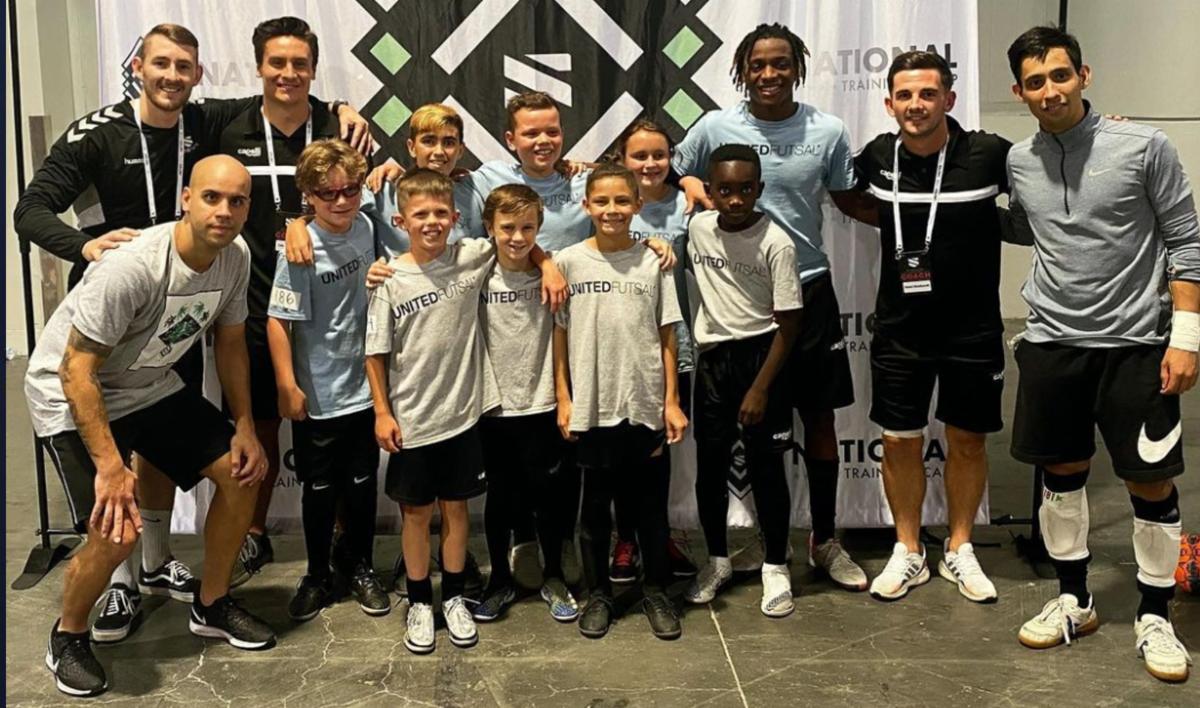


¡Presentamos el nuevo traductor de español CRYSC! Acceda a información sobre fútbol juvenil en español con un simple clic en la parte superior del sitio web de CRYSC. Introducing the new CRYSC Spanish translator! Access youth soccer information in Spanish with a simple click at the top of the CRYSC website. Aprenda más sobre CRYSC en español!


In 2021, we welcomed Katie Pagel to the CRYSC staff in a unique, new role as Director of Mental Performance! Katie joined us in January as one of the first Directors of Mental Performance at a youth sports organization in the US. Throughout the year, she has provided CRYSC members with in-house expertise on all things related to sport psychology. Katie’s position at the Club is dedicated to developing a psychologically safe, growth-oriented, high performing competitive environment for players.
Katie hosted a series of webinars on sport psychology topics with experts from around the nation in 2021. Check out replays of our webinar series by using the dropdown menu below! Click here to learn more about the CRYSC Sport Psychology Program on our website.
Click here to watch replays of our Sport Psychology webinars in 2021!
Mental Health 101 | How Caregivers & Coaches Can Support Struggling Athletes
Featuring Director of Mental Health Services for the US Olympic & Paralympic Committee, Dr. Jessica Bartley. In this June webinar on Mental Health 101, Dr. Bartley sets the stage for our CRYSC Sport Medicine series by discussing incidences and indicators of common mental health disorders, and directing us toward specific action steps coaches and caregivers can take, should they have concerns about an individual’s mental health. Tune-in by clicking the link above or video thumbnail!
Understanding ADHD | Implementing Effective Coaching & Parenting Practices
Featuring Dr. Ricki Walker, PhD, HSP, CMPC. Attention Deficit Hyperactivity Disorder (ADHD) is a common mental health condition in children. In this August webinar, Dr. Ricki Walker speaks to causes and symptoms of ADHD, as well as practical techniques and strategies coaches and caregivers can apply to most effectively engage with and support athletes with ADHD. Tune-in by clicking the link above or video thumbnail!
Managing Anxiety | Strategies for at Home & on the Field
Featuring Dr. Jennifer Batson, PsyD. In this October webinar, special guest Dr. Jennifer Batson PsyD joins host Katie Pagel for a one-hour discussion on an issue we commonly deal with in youth sports: Anxiety. Players can easily be overwhelmed by anxieties caused at home, on the fields, at school, etc… In this webinar, Katie and Dr. Jennifer discuss identifying, understanding, and ultimately managing anxieties. Tune-in by clicking the link above or video thumbnail!




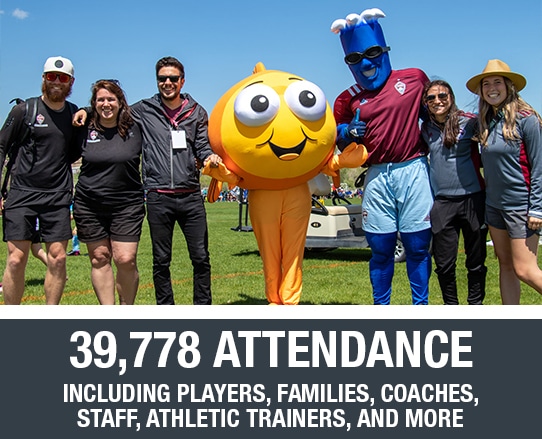


2021 was an exciting year of growth and new opportunities for Rapids Youth Soccer. We can’t thank you enough for the role you’ve played in shaping this Club and eagerly await kicking off a new season of tournaments and league-play together this spring!





